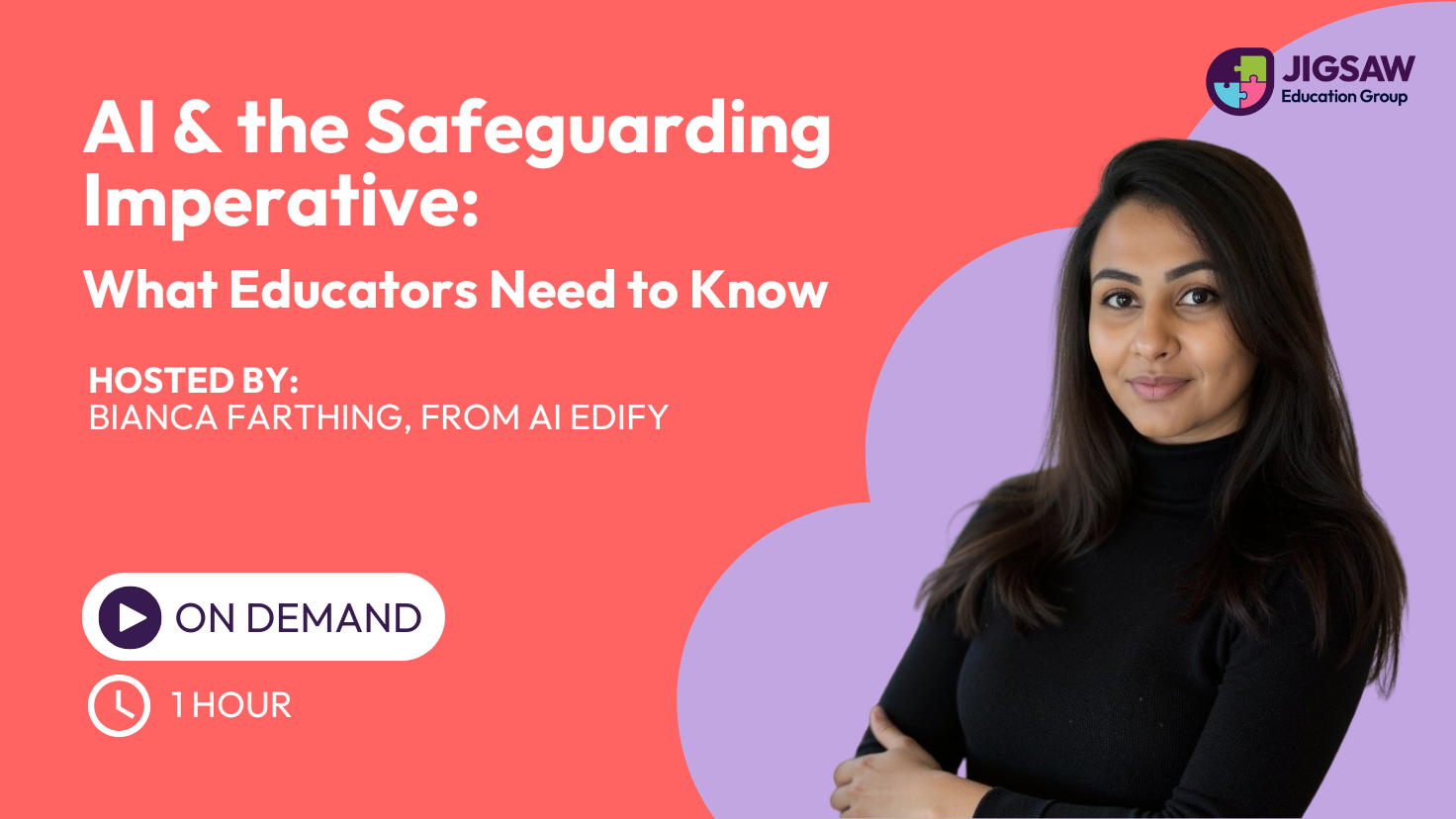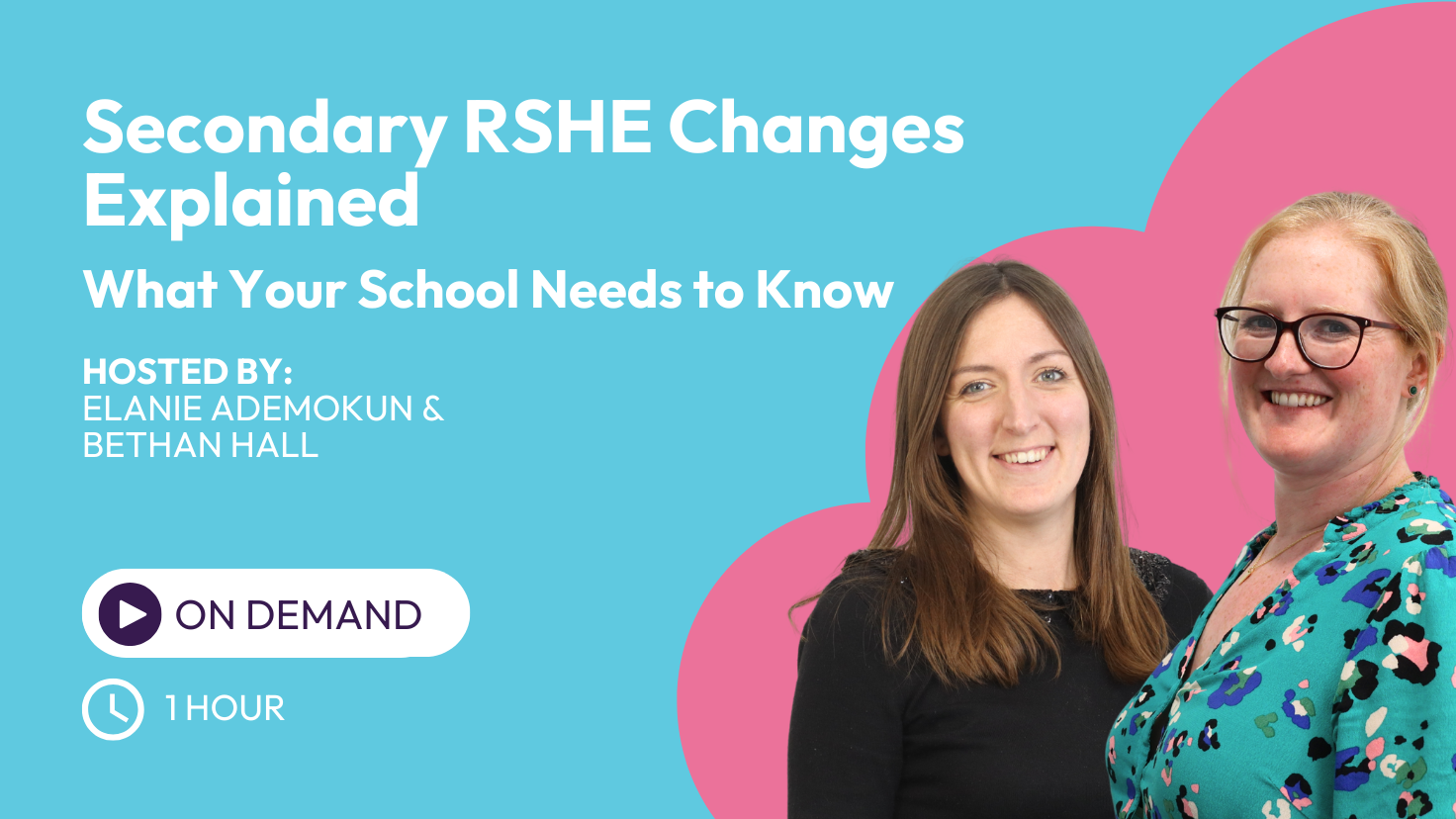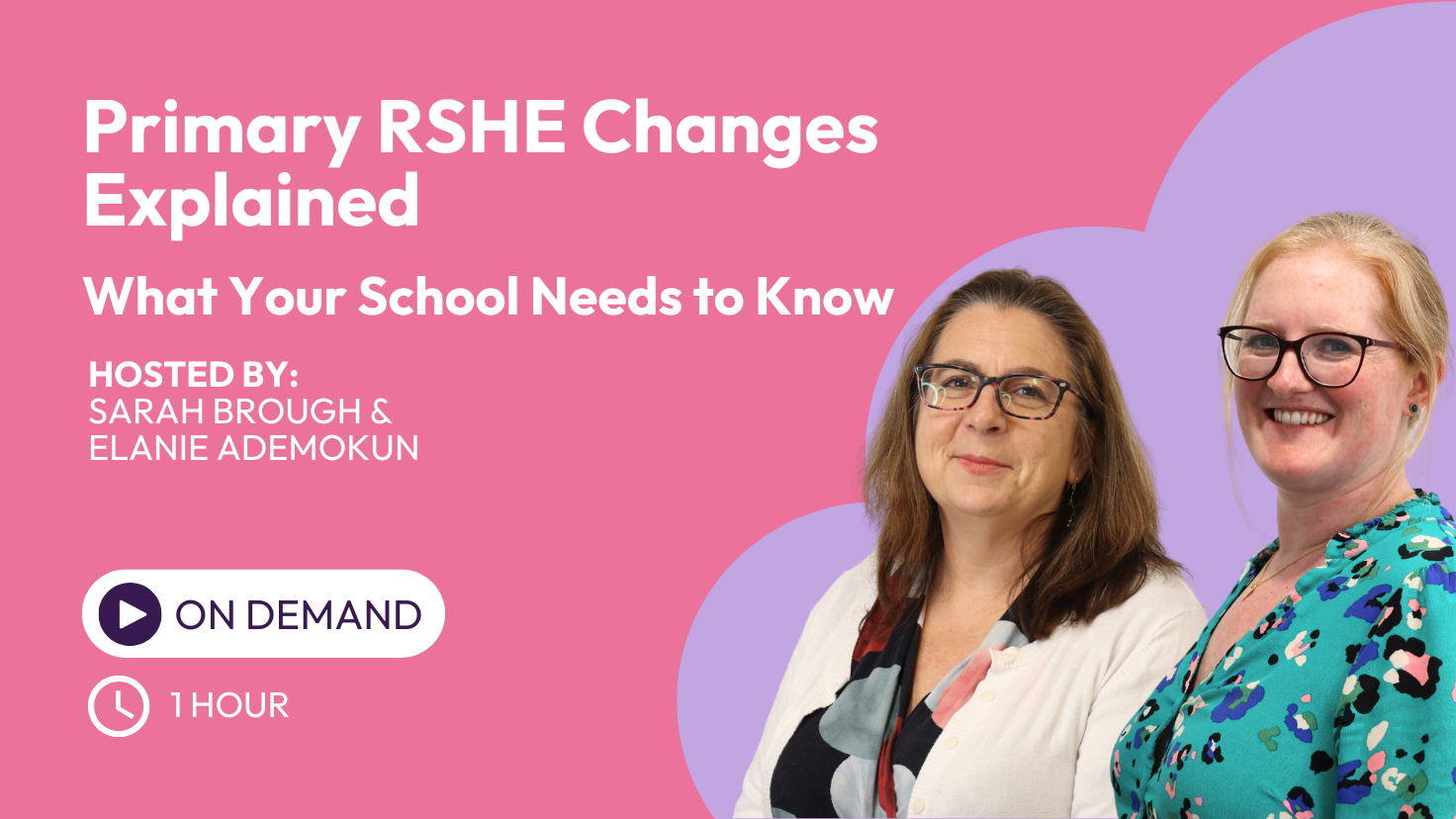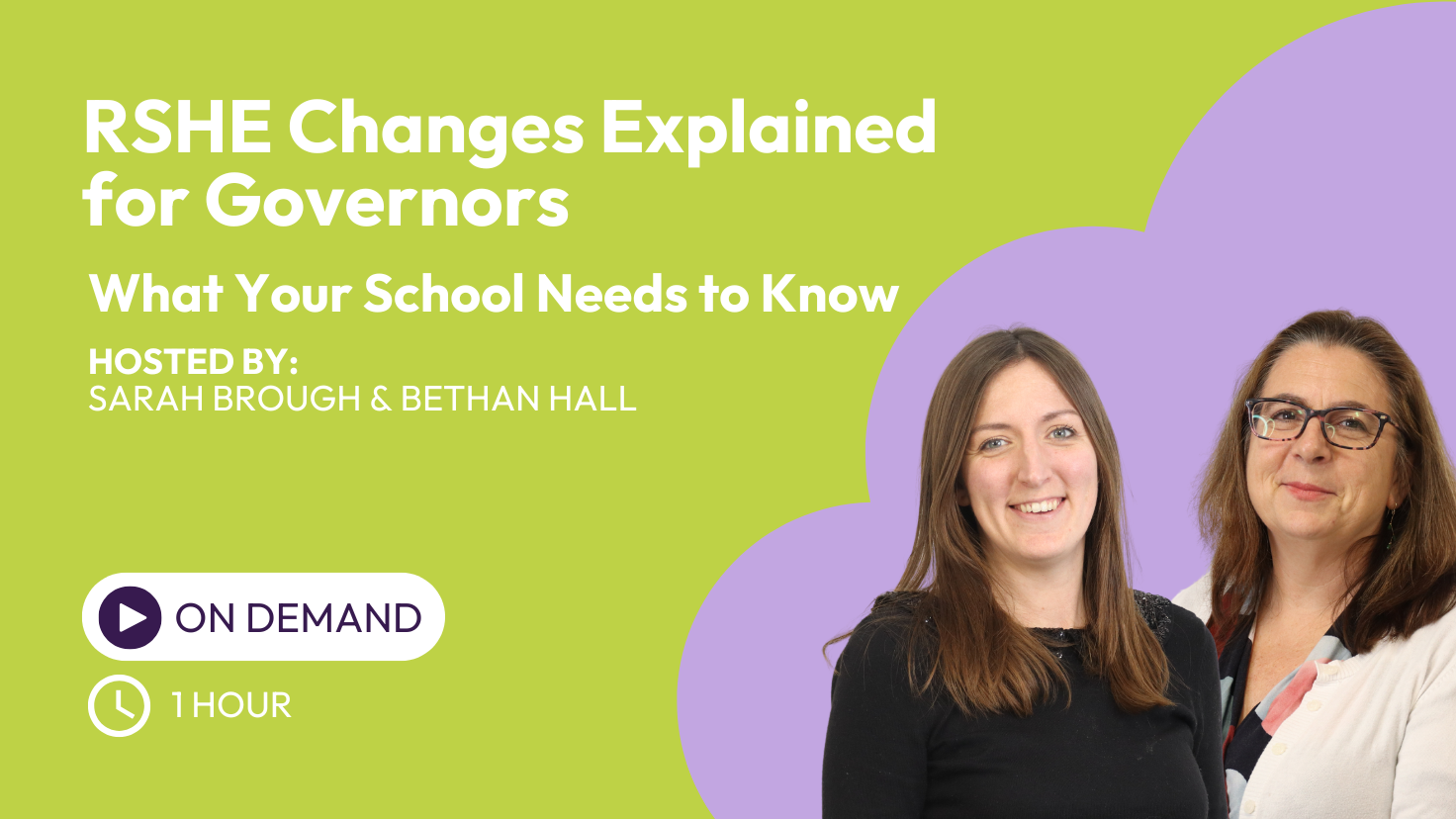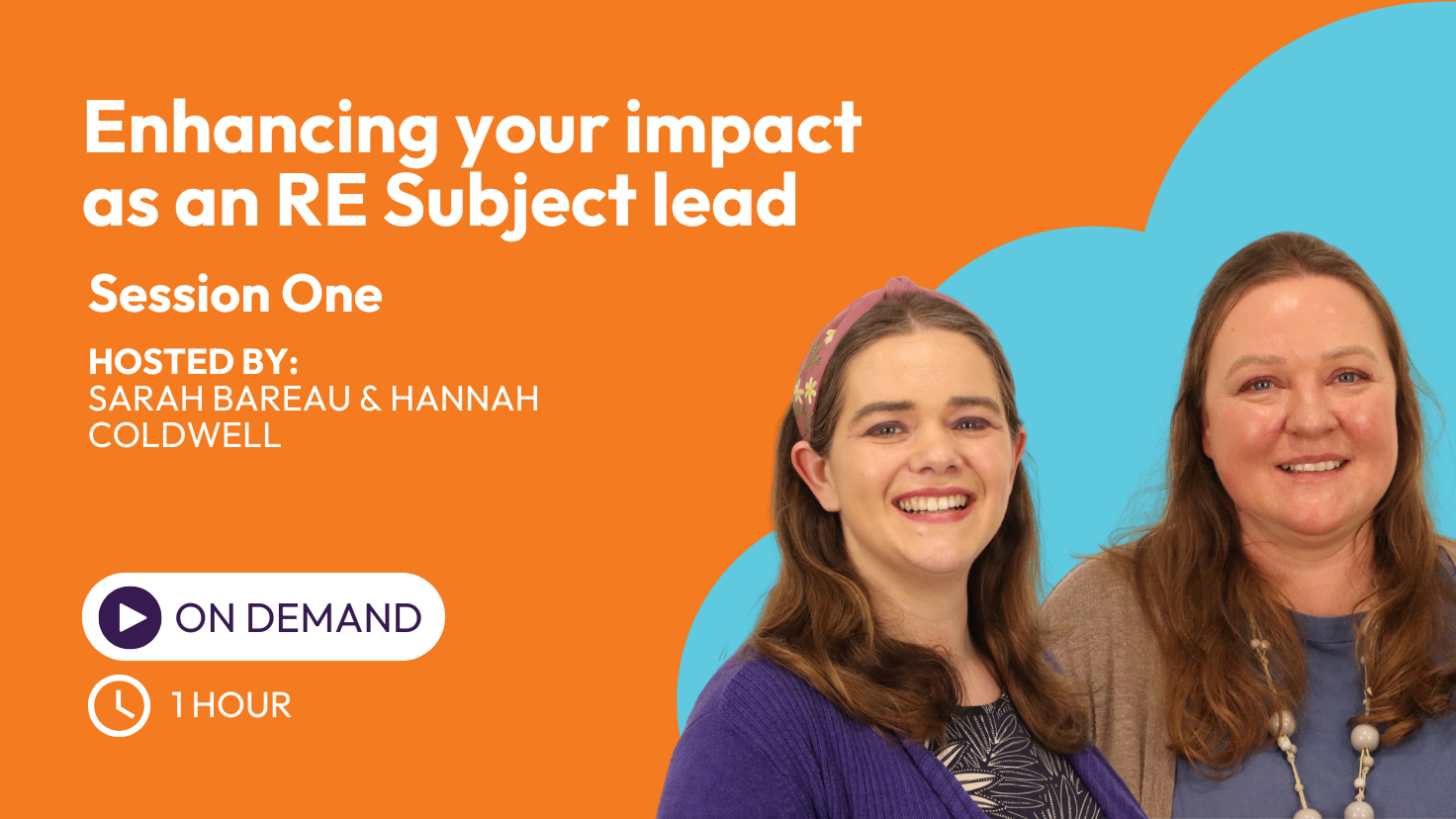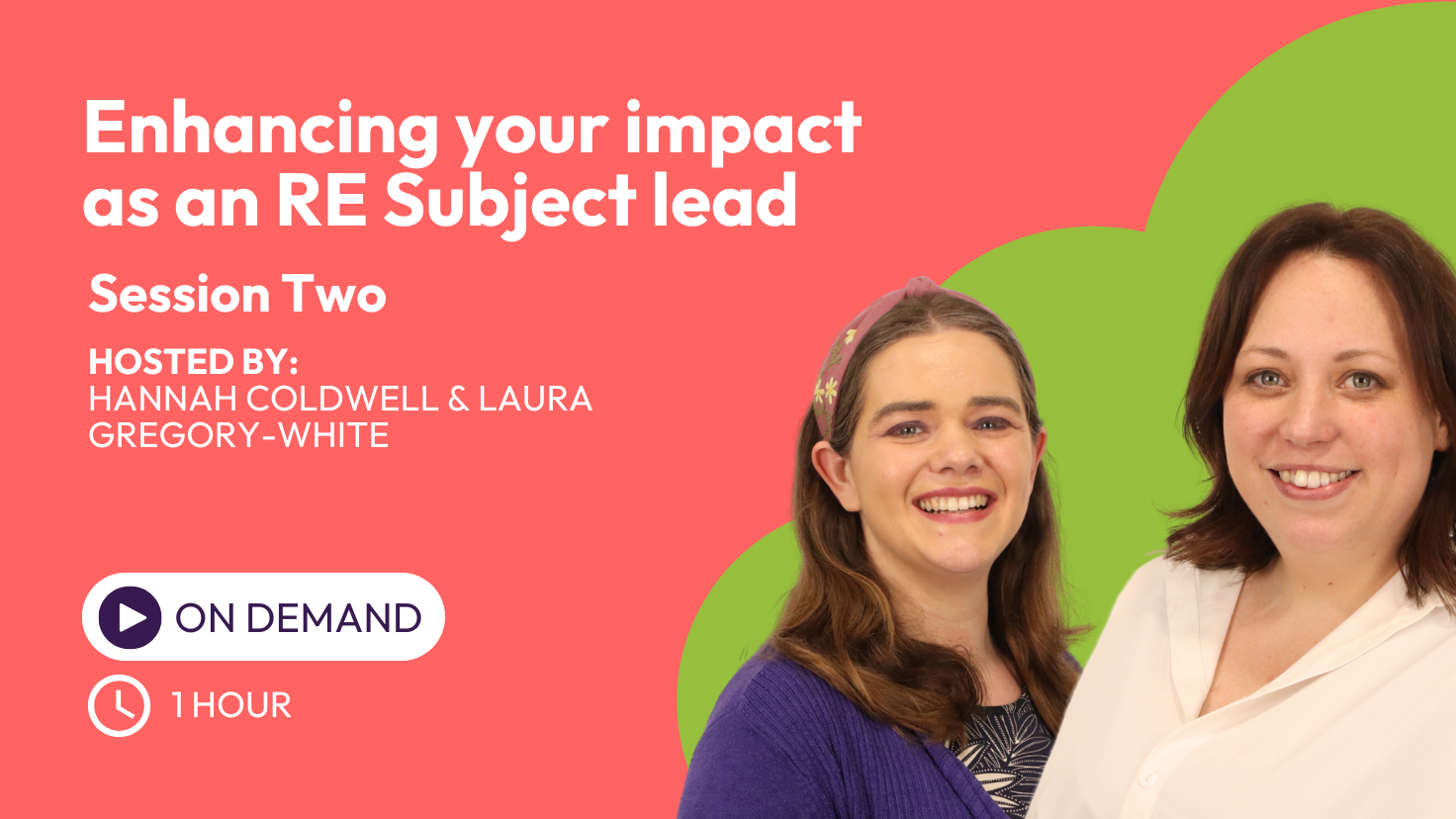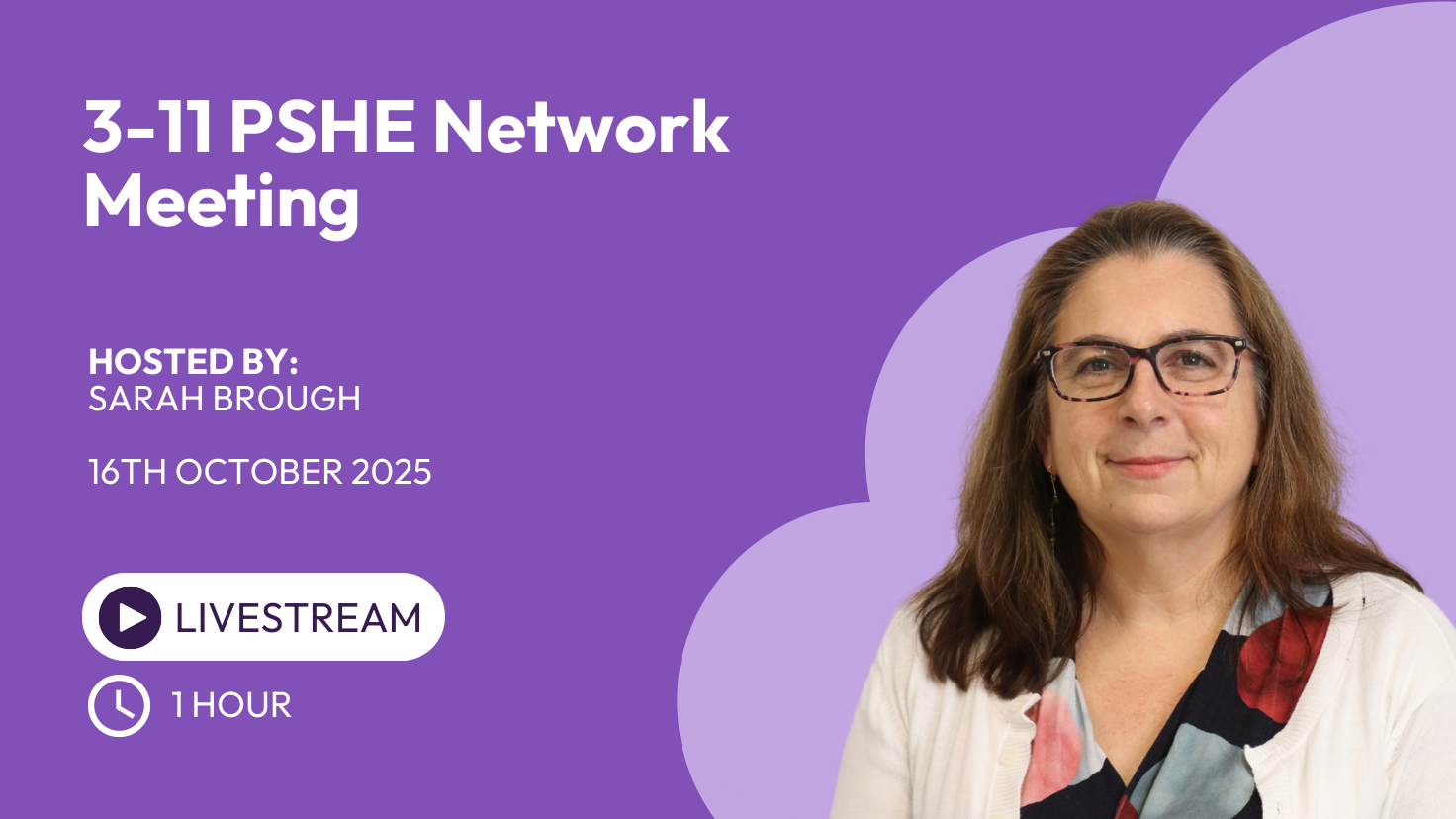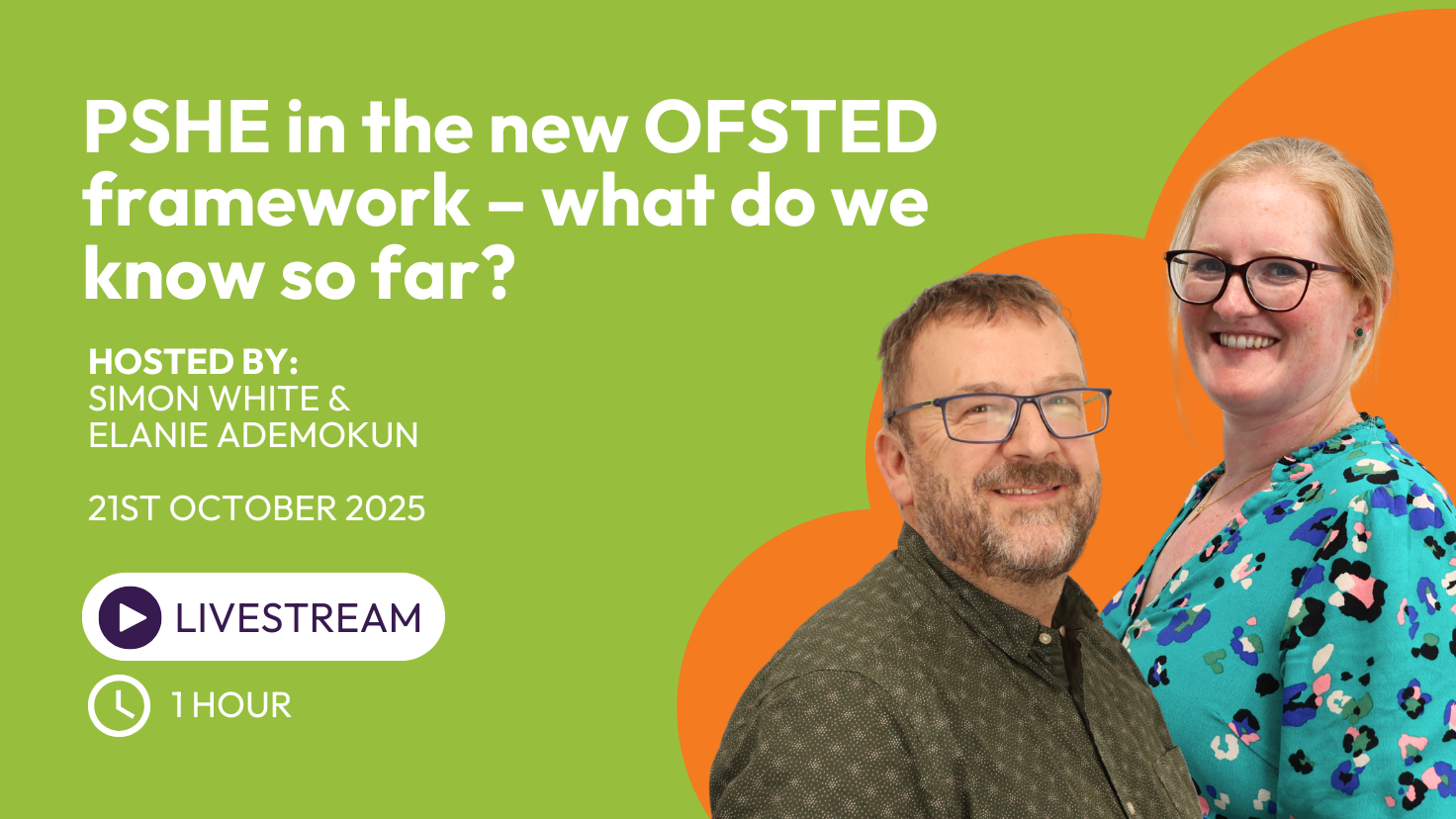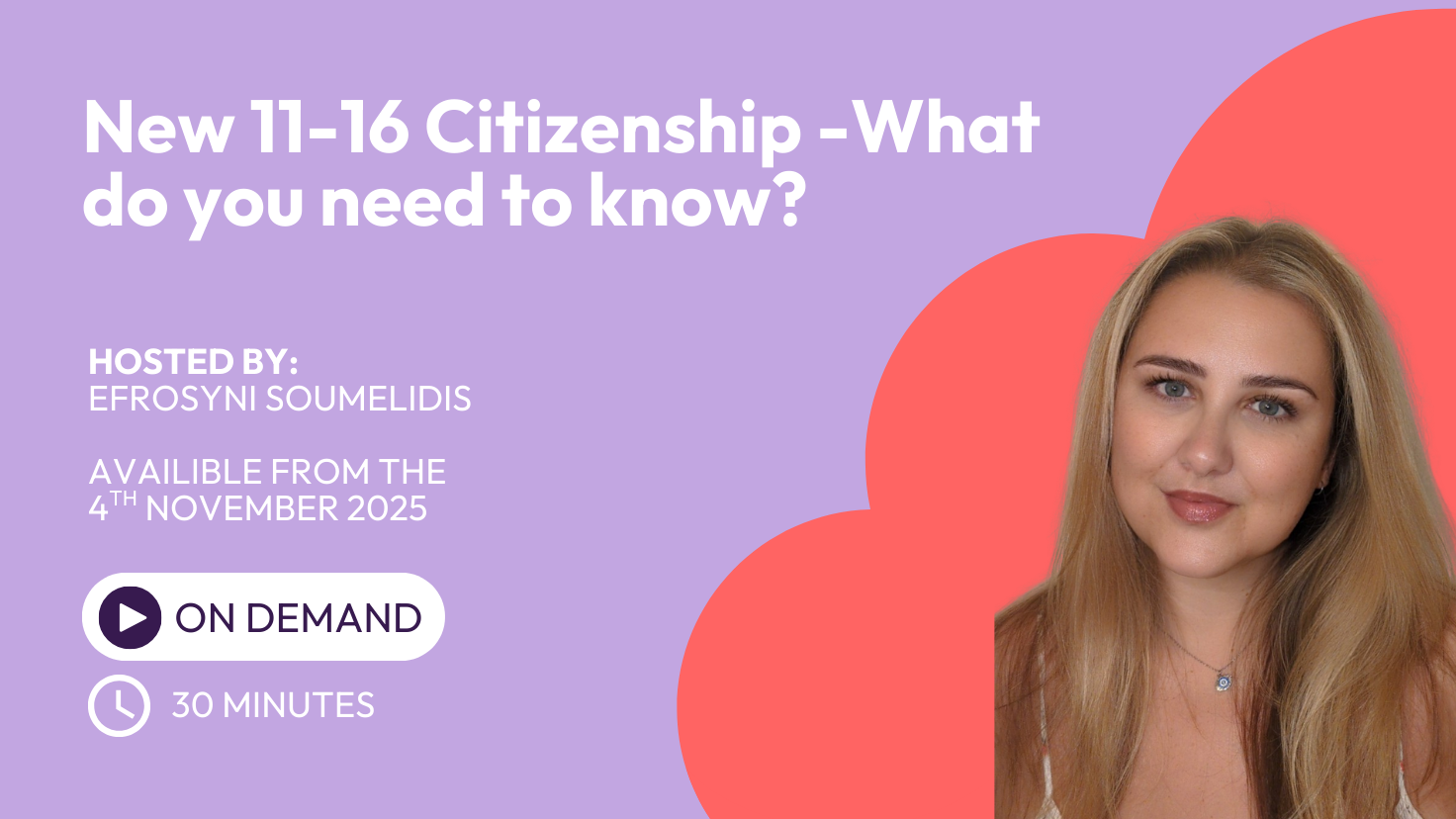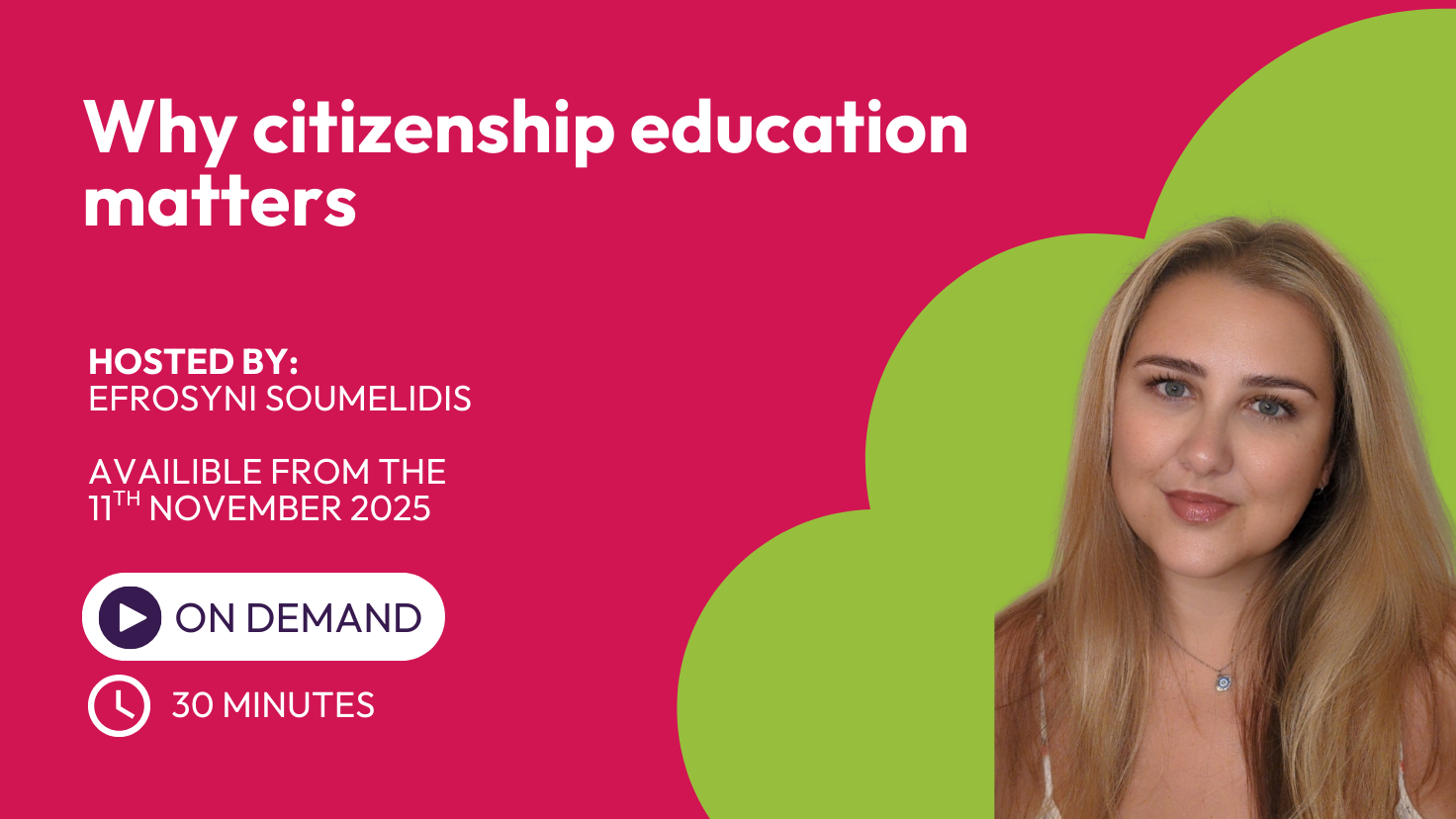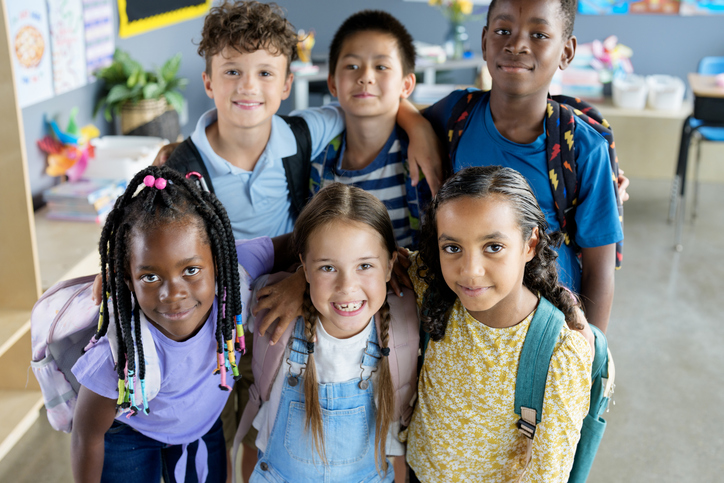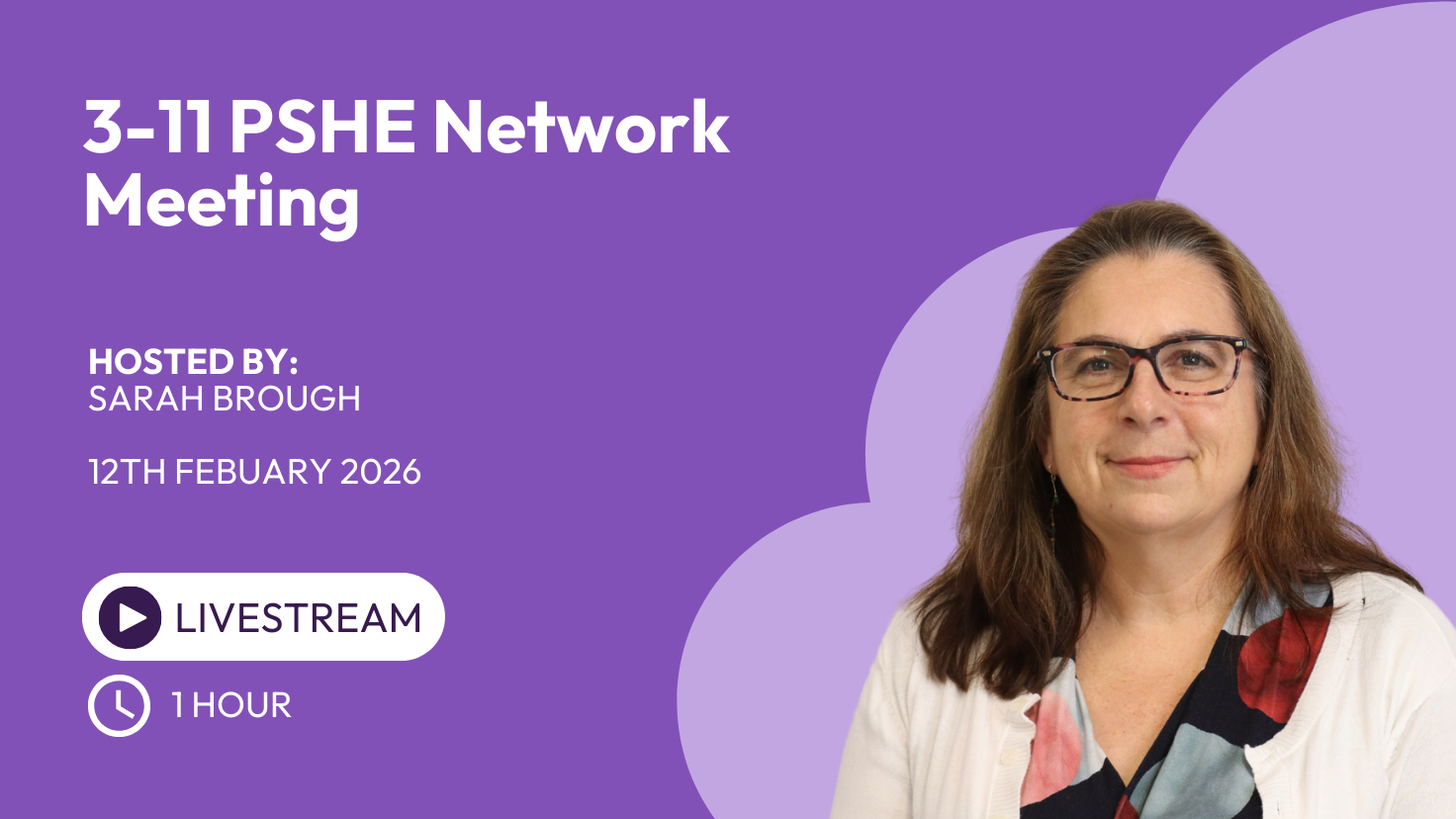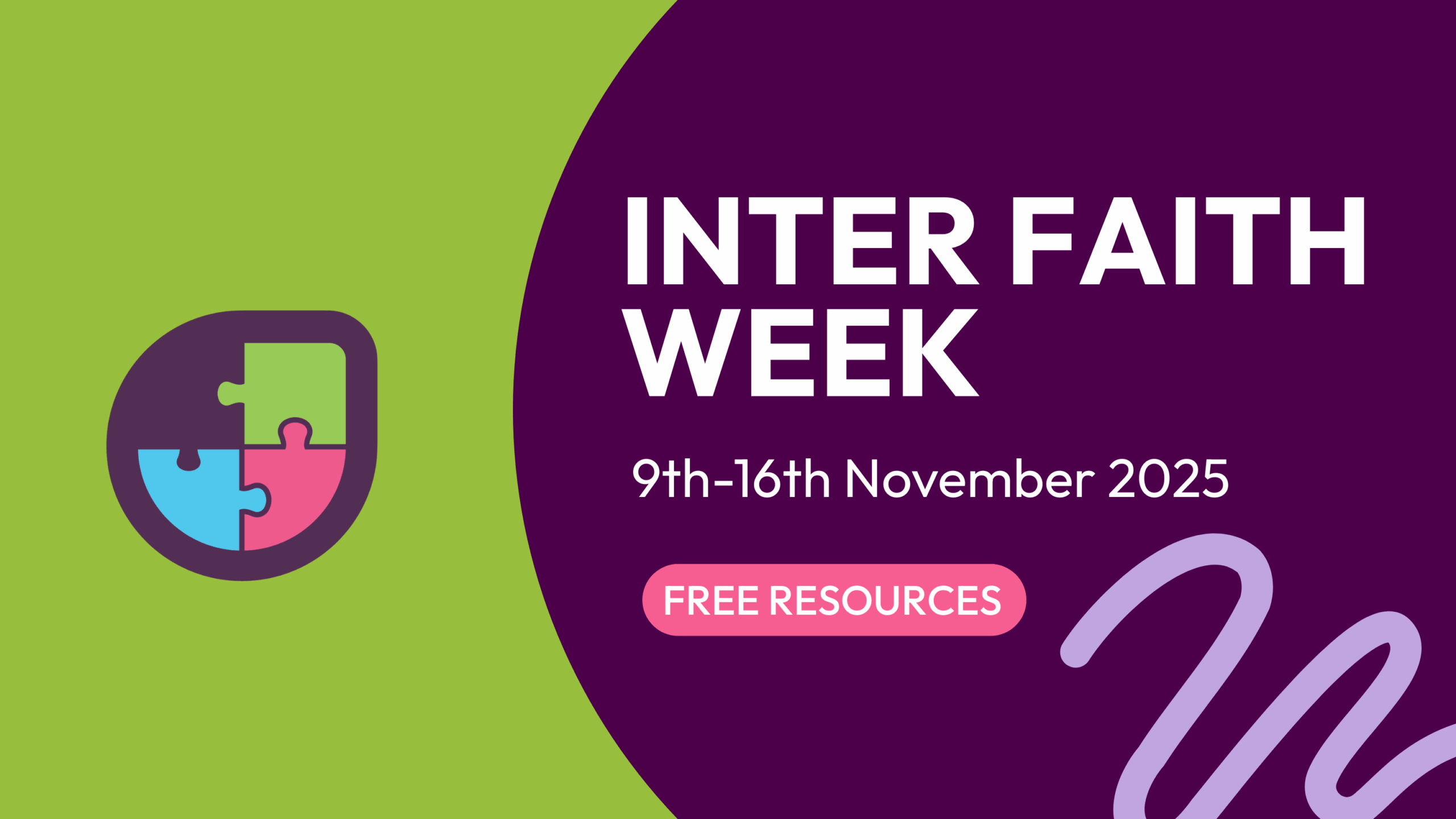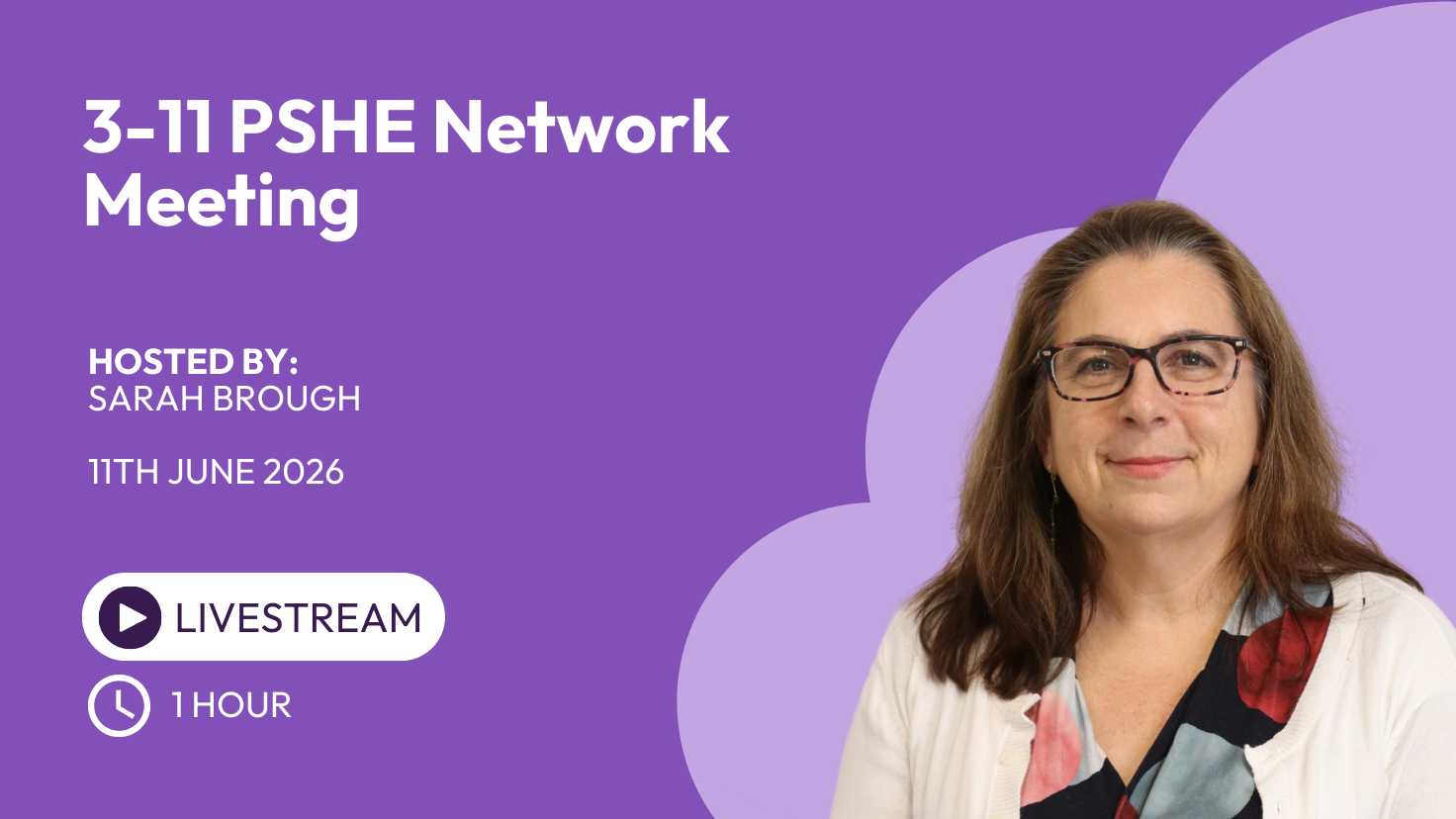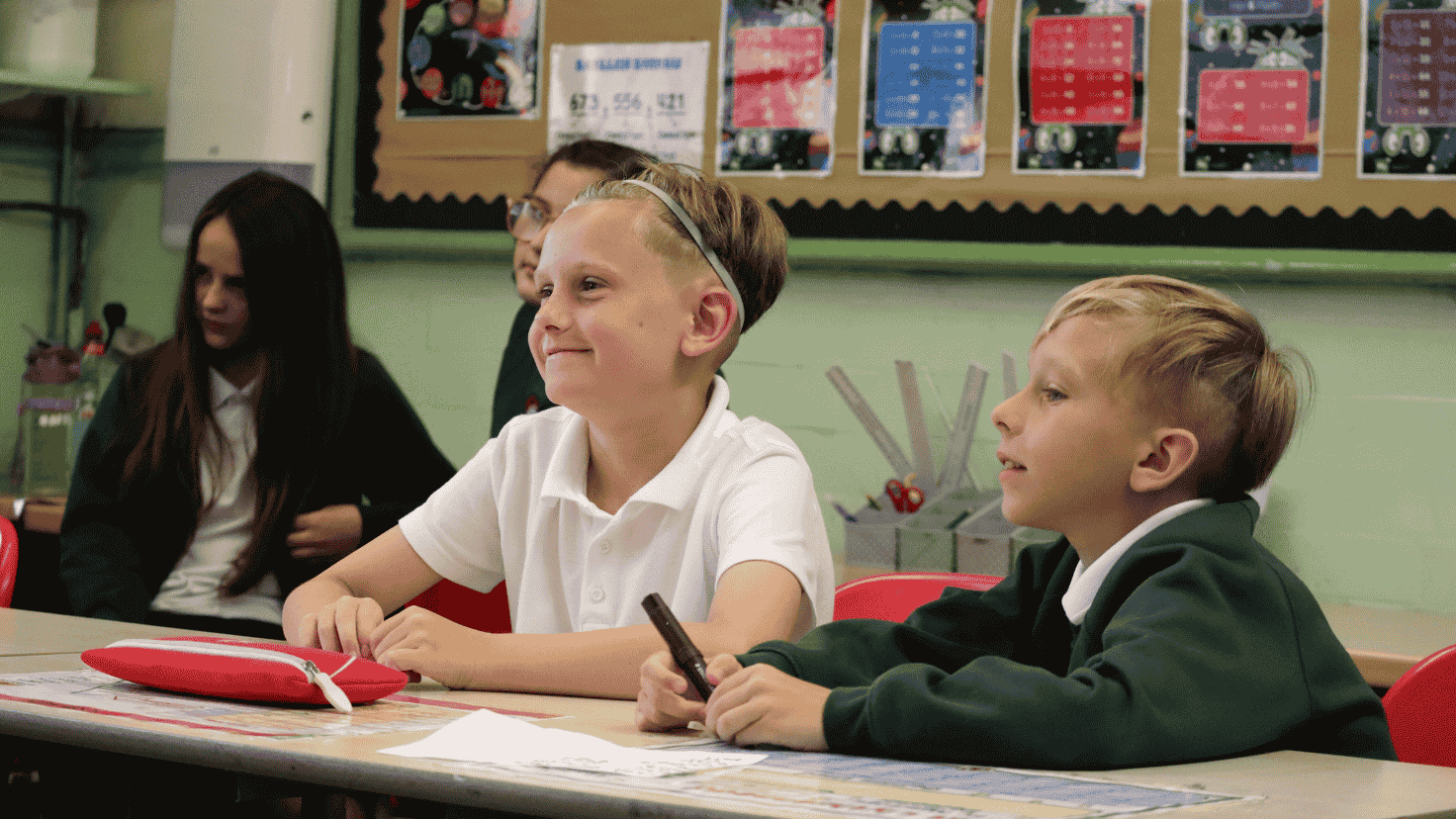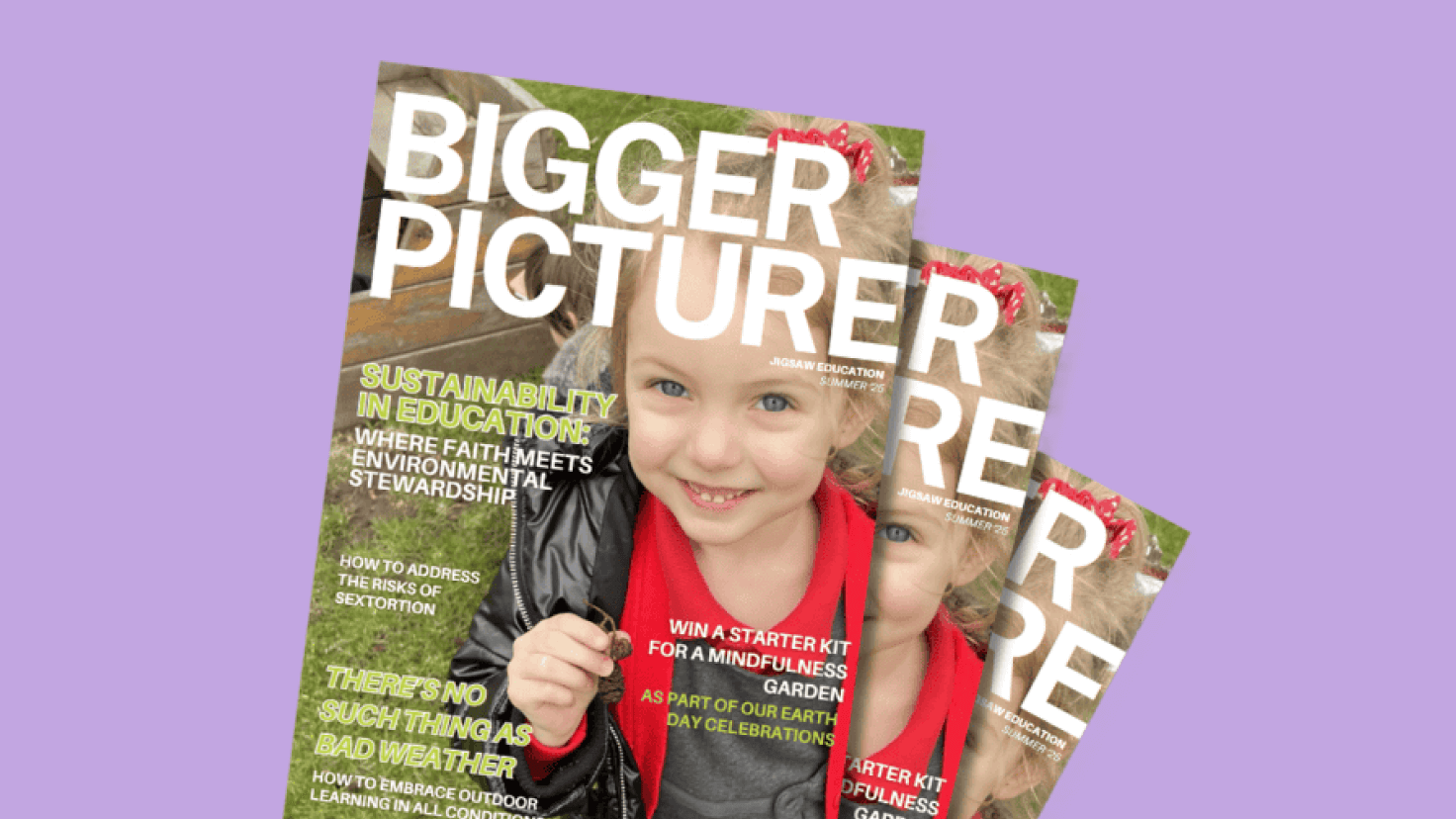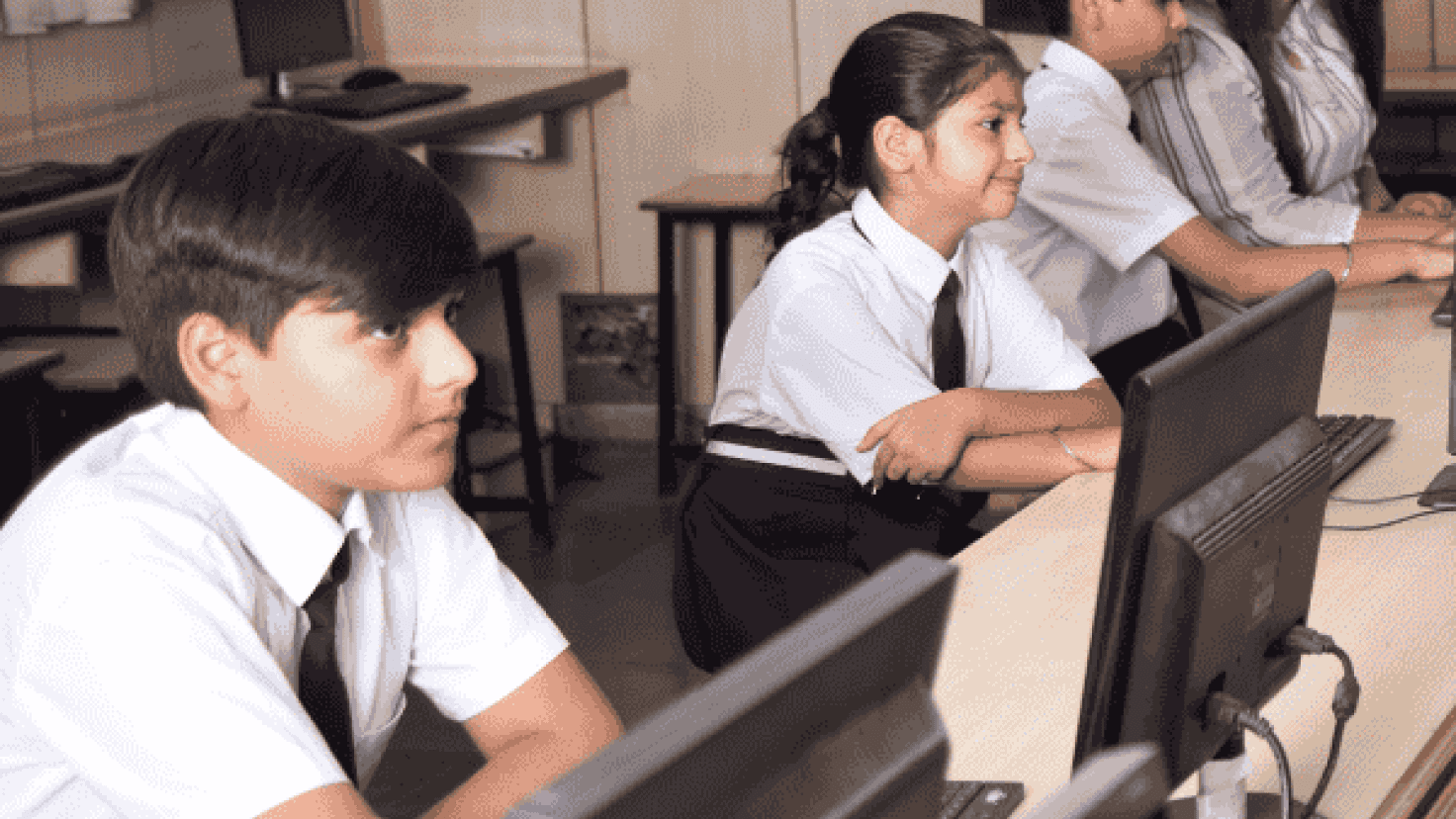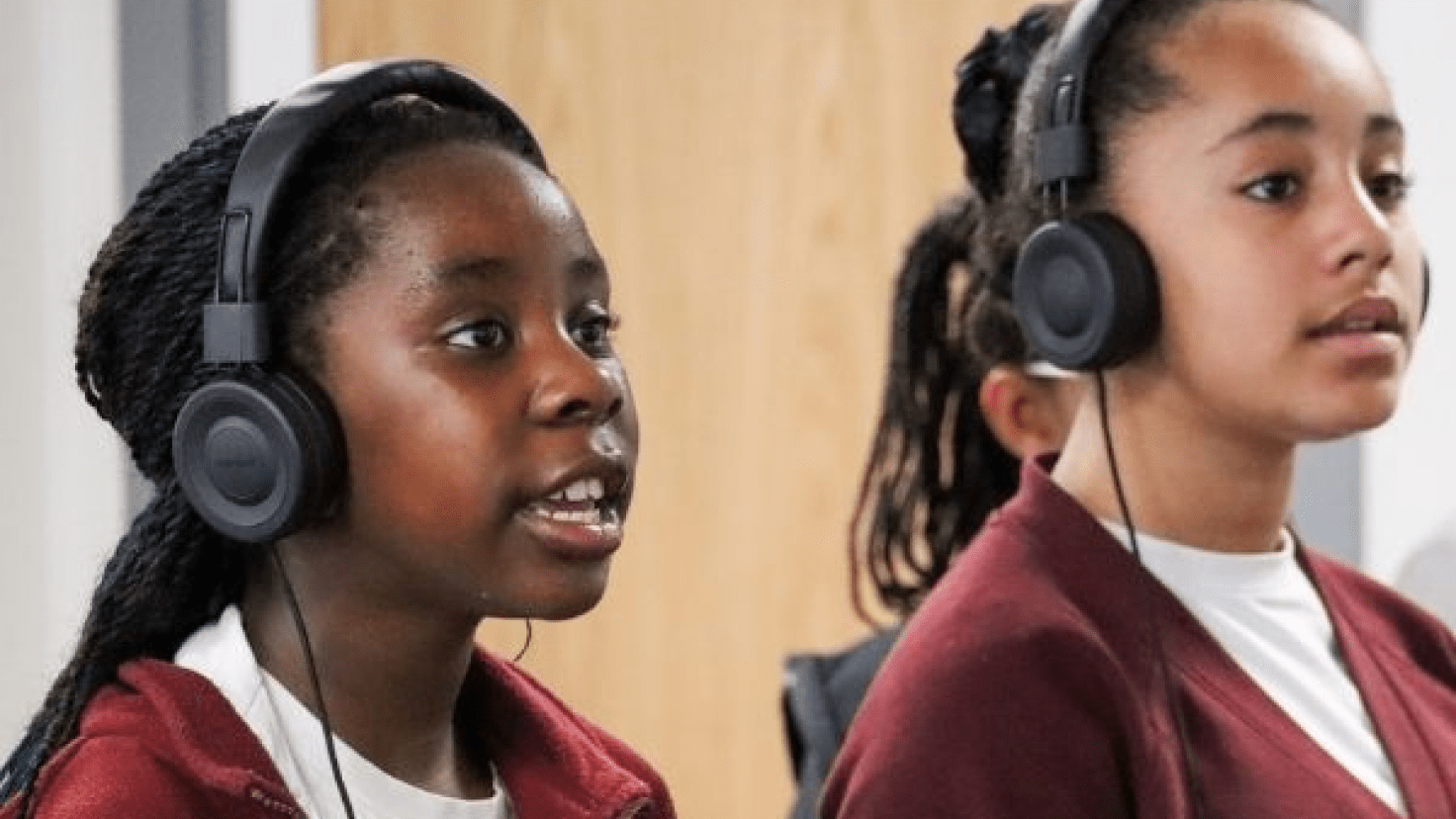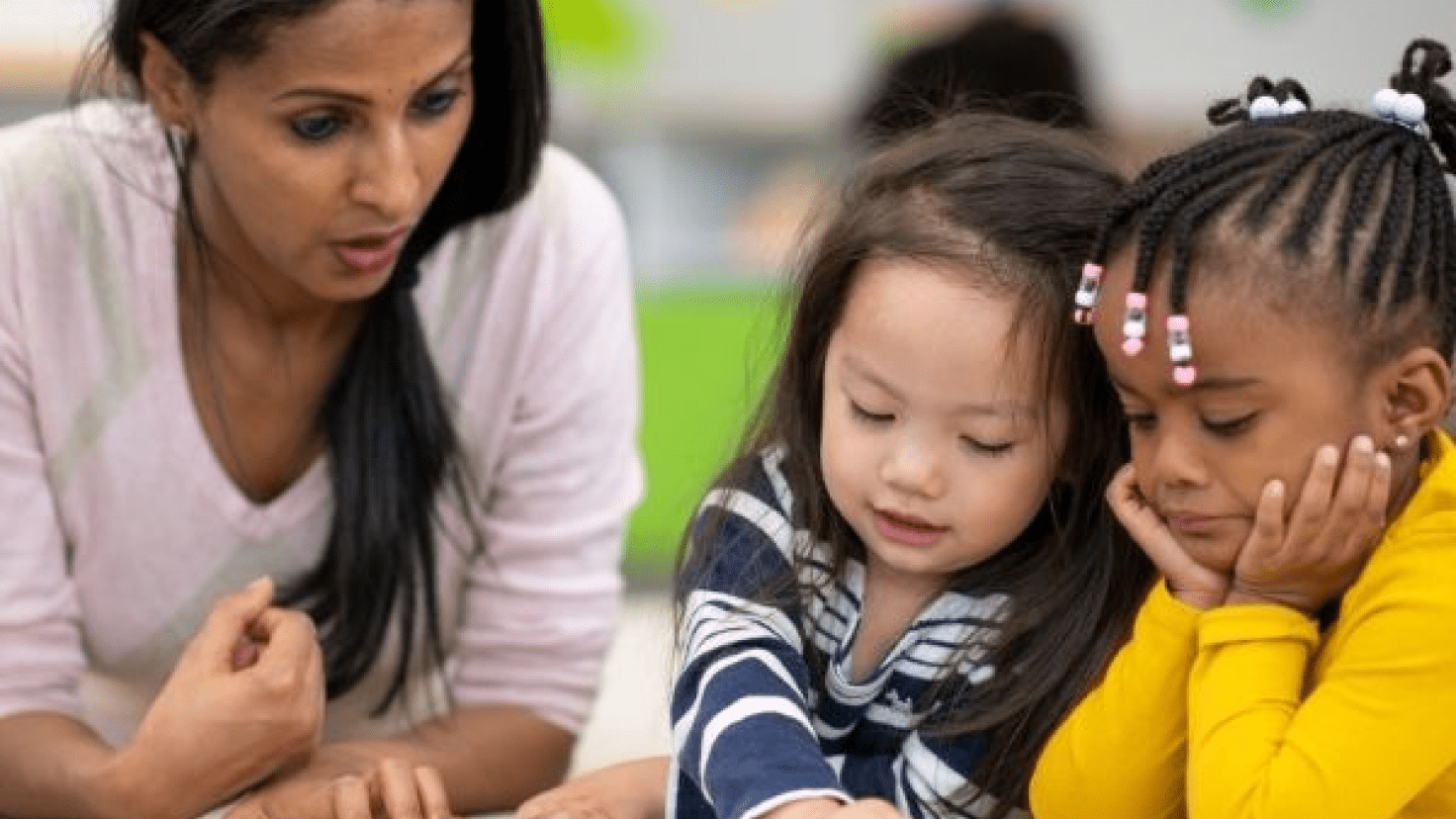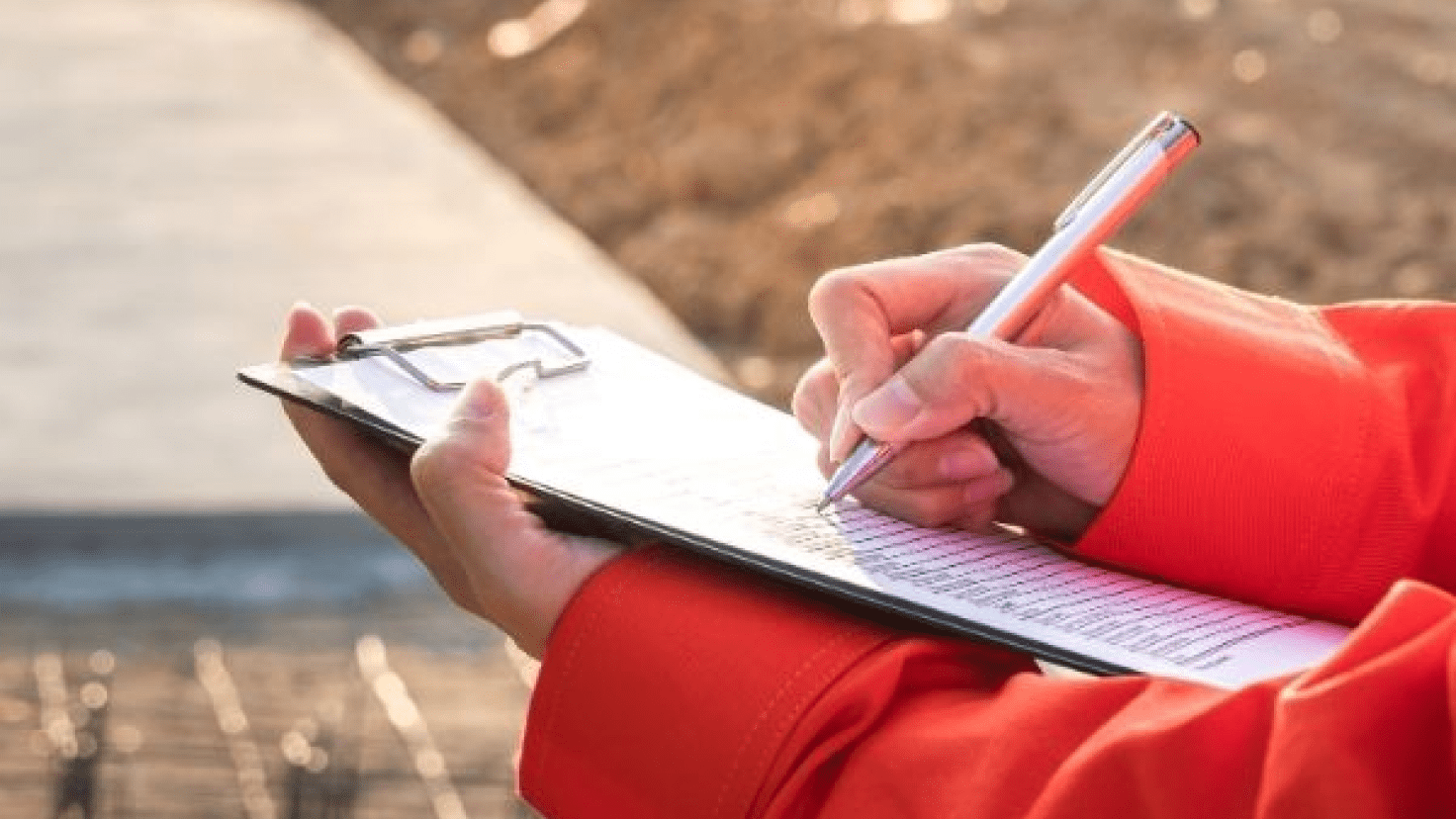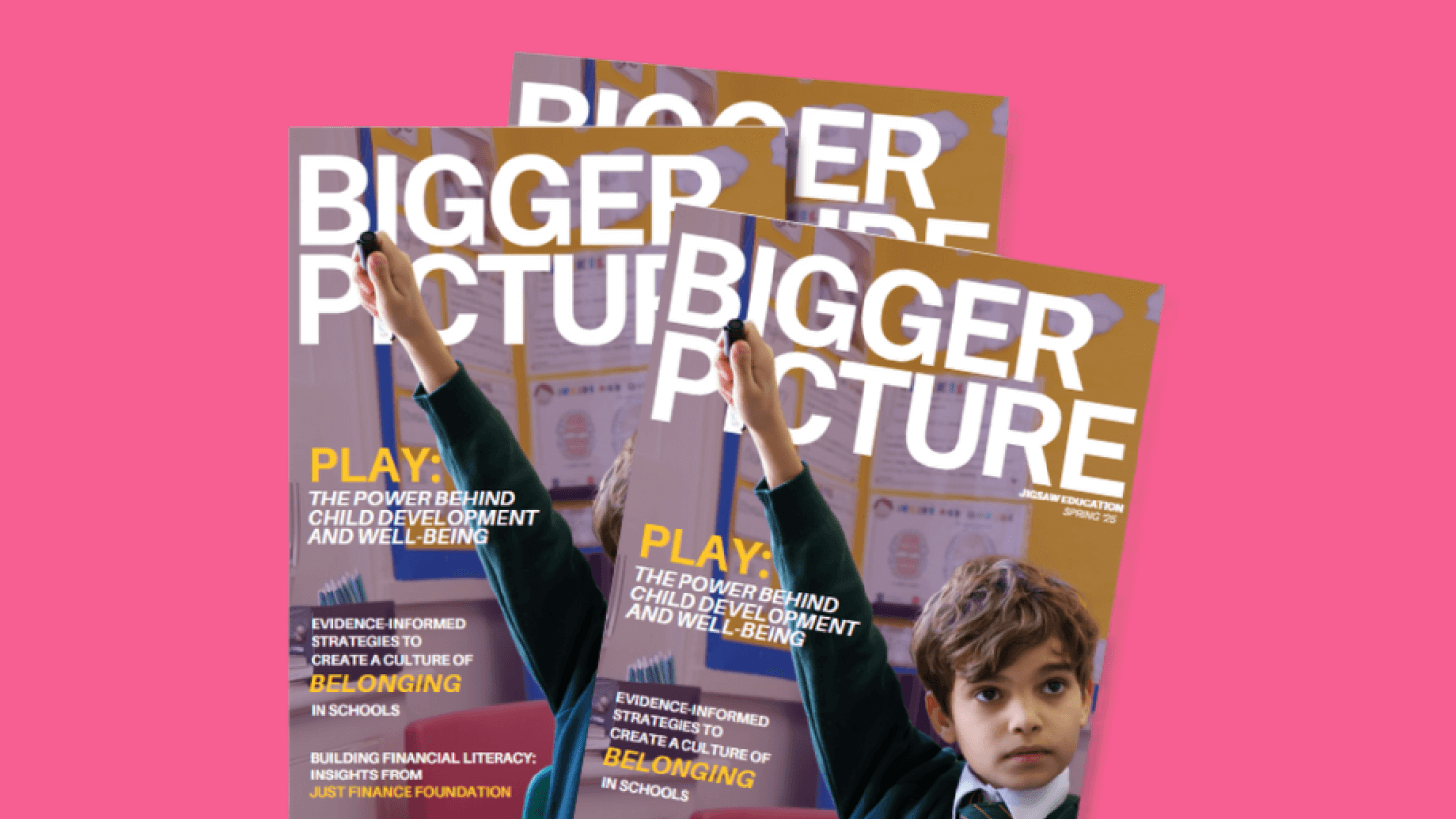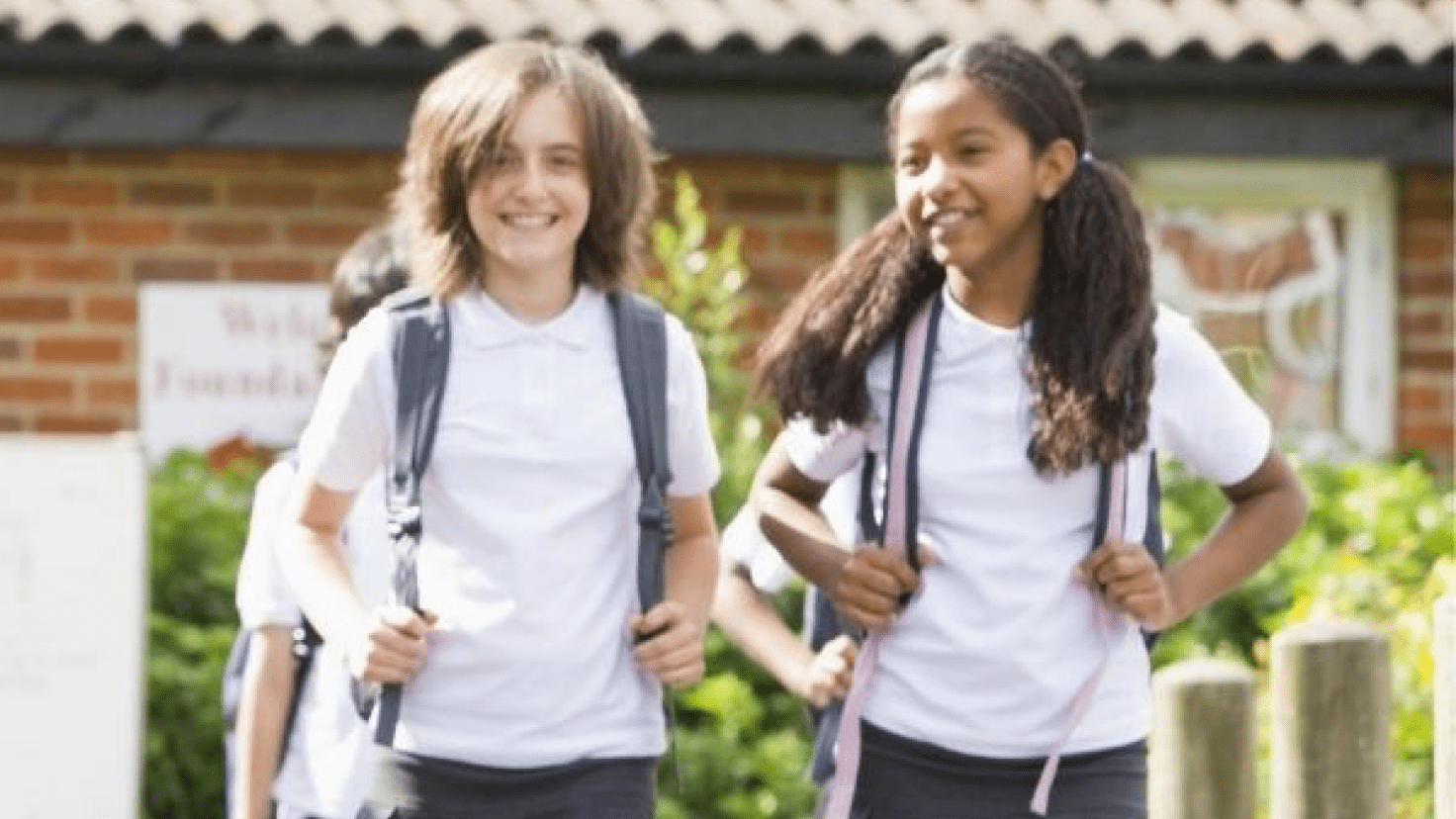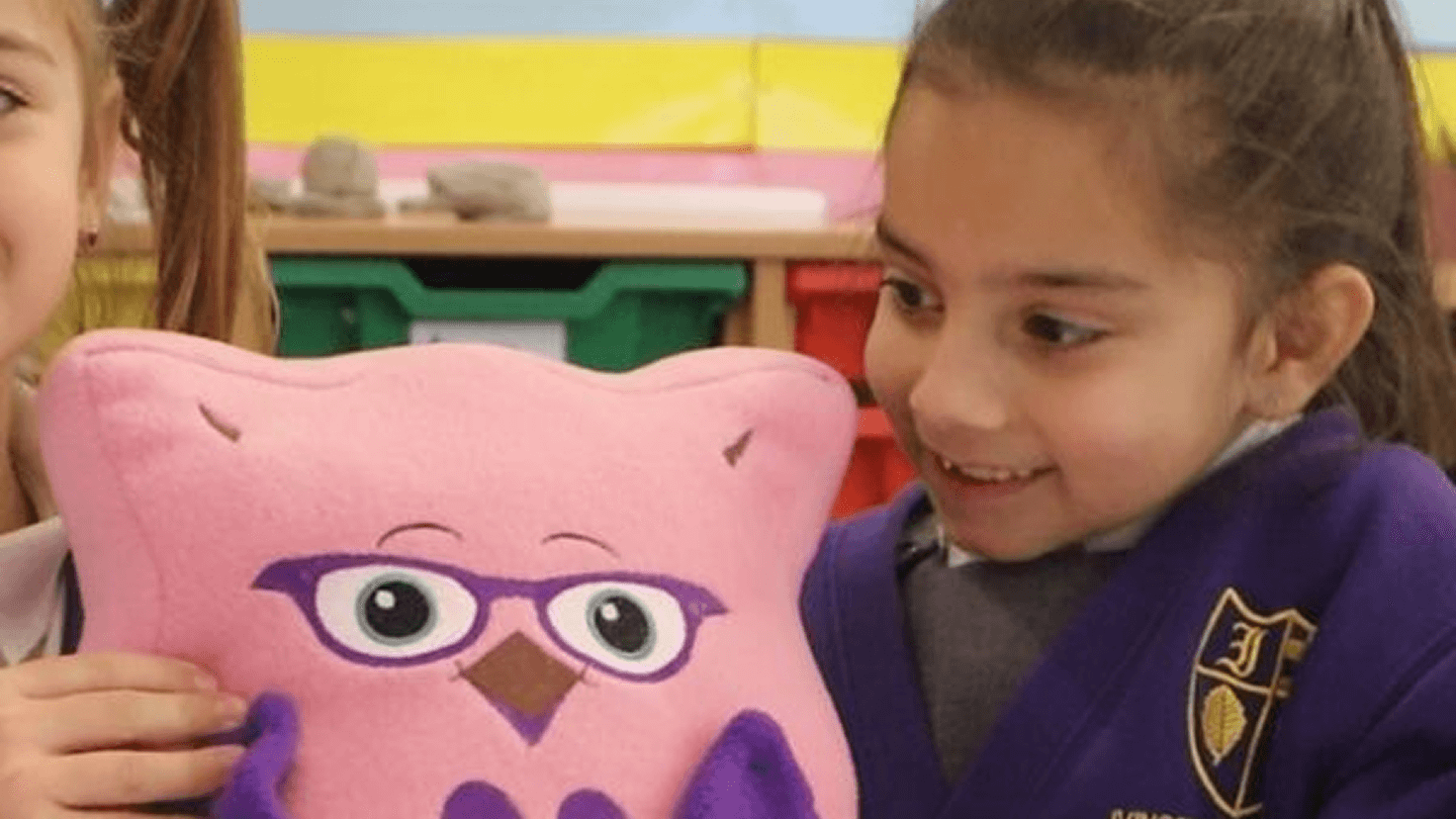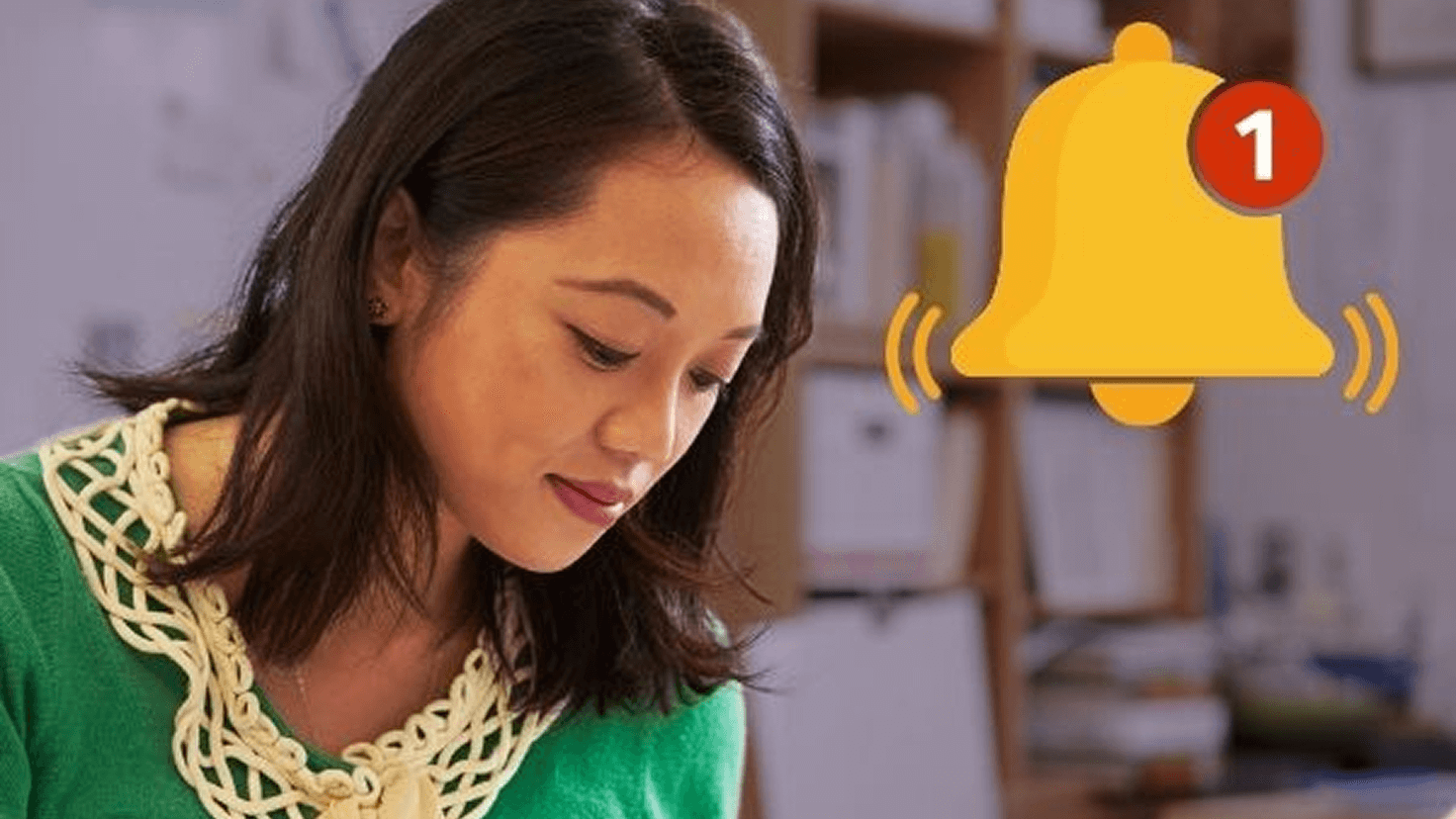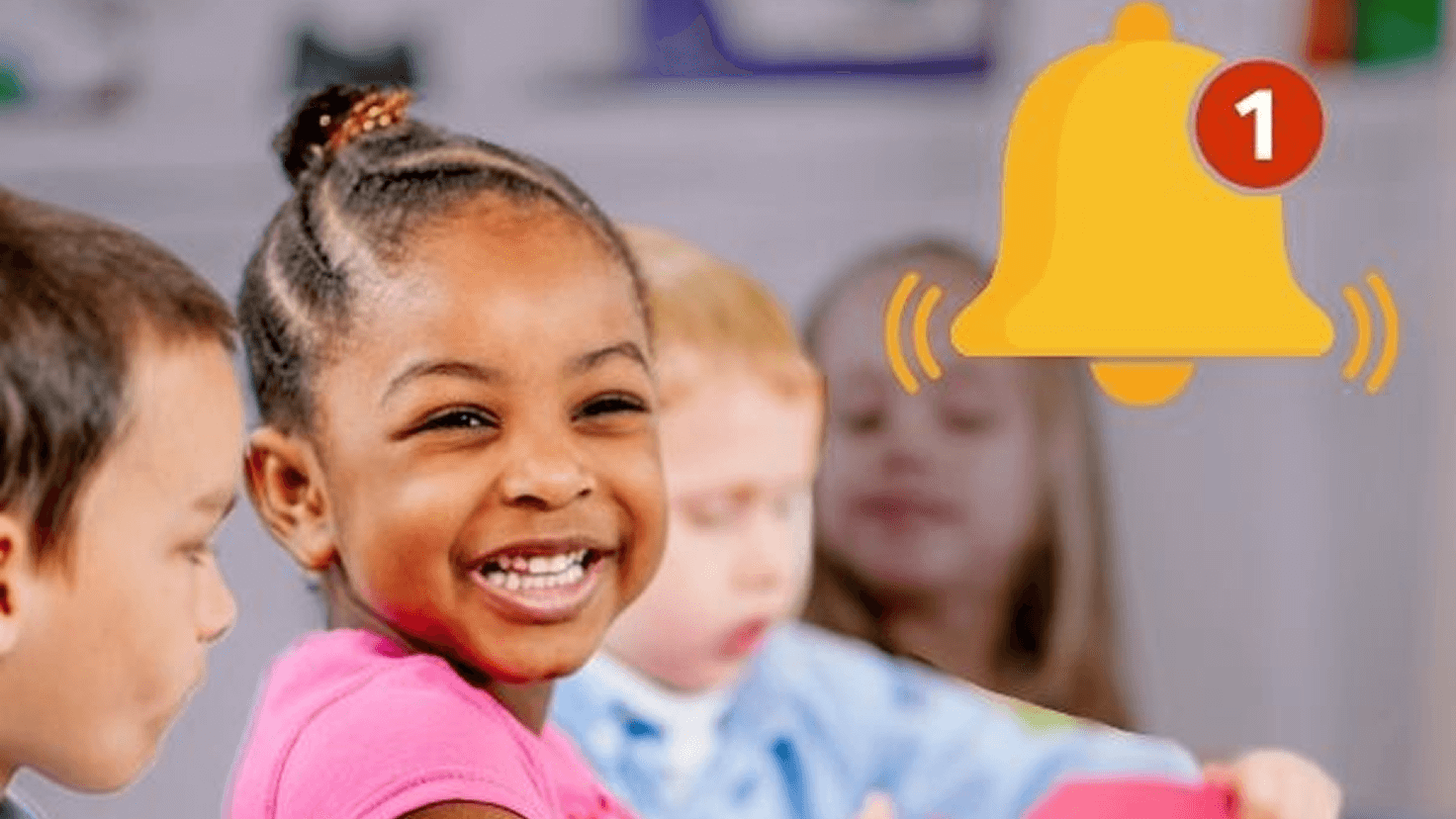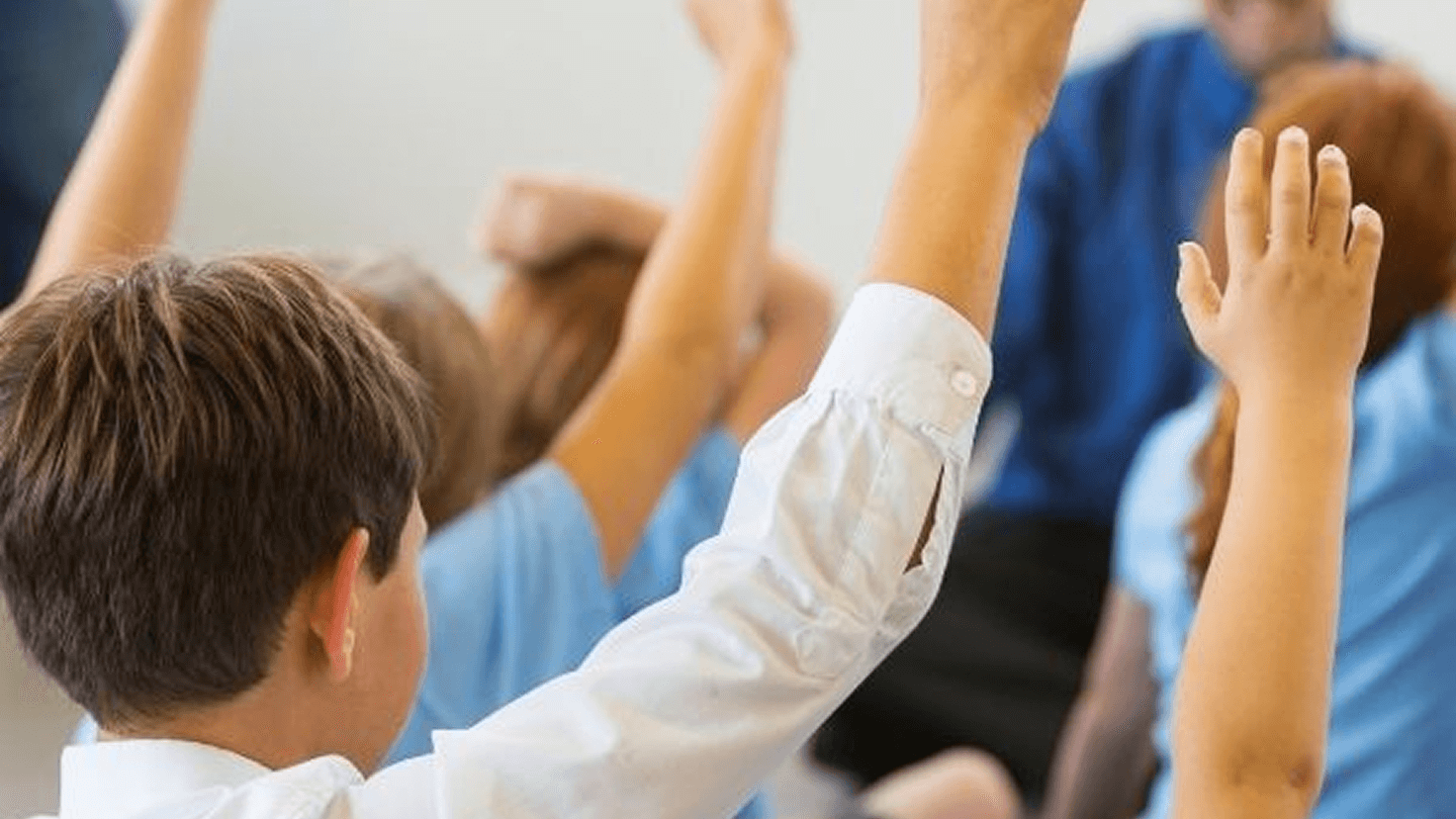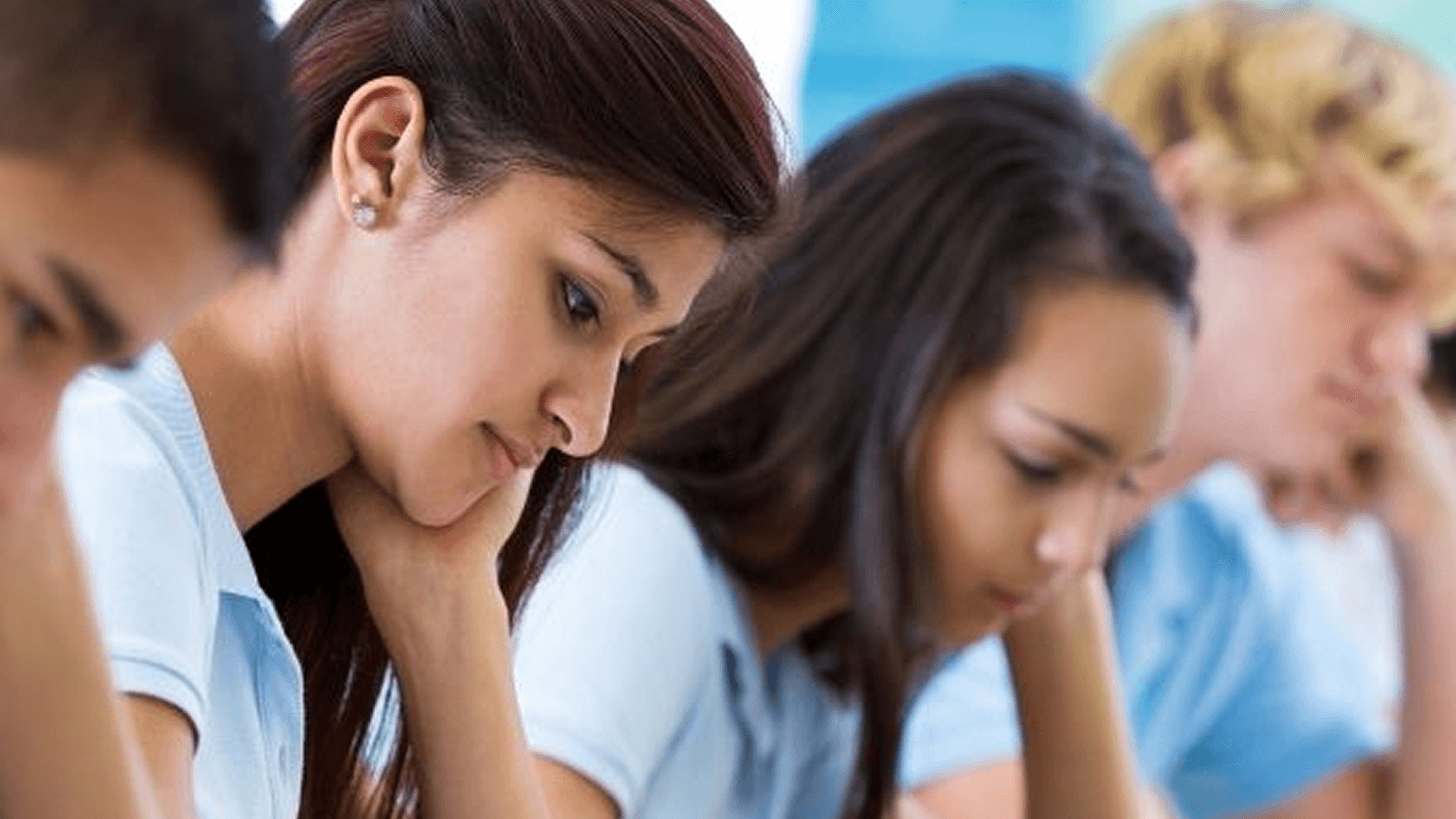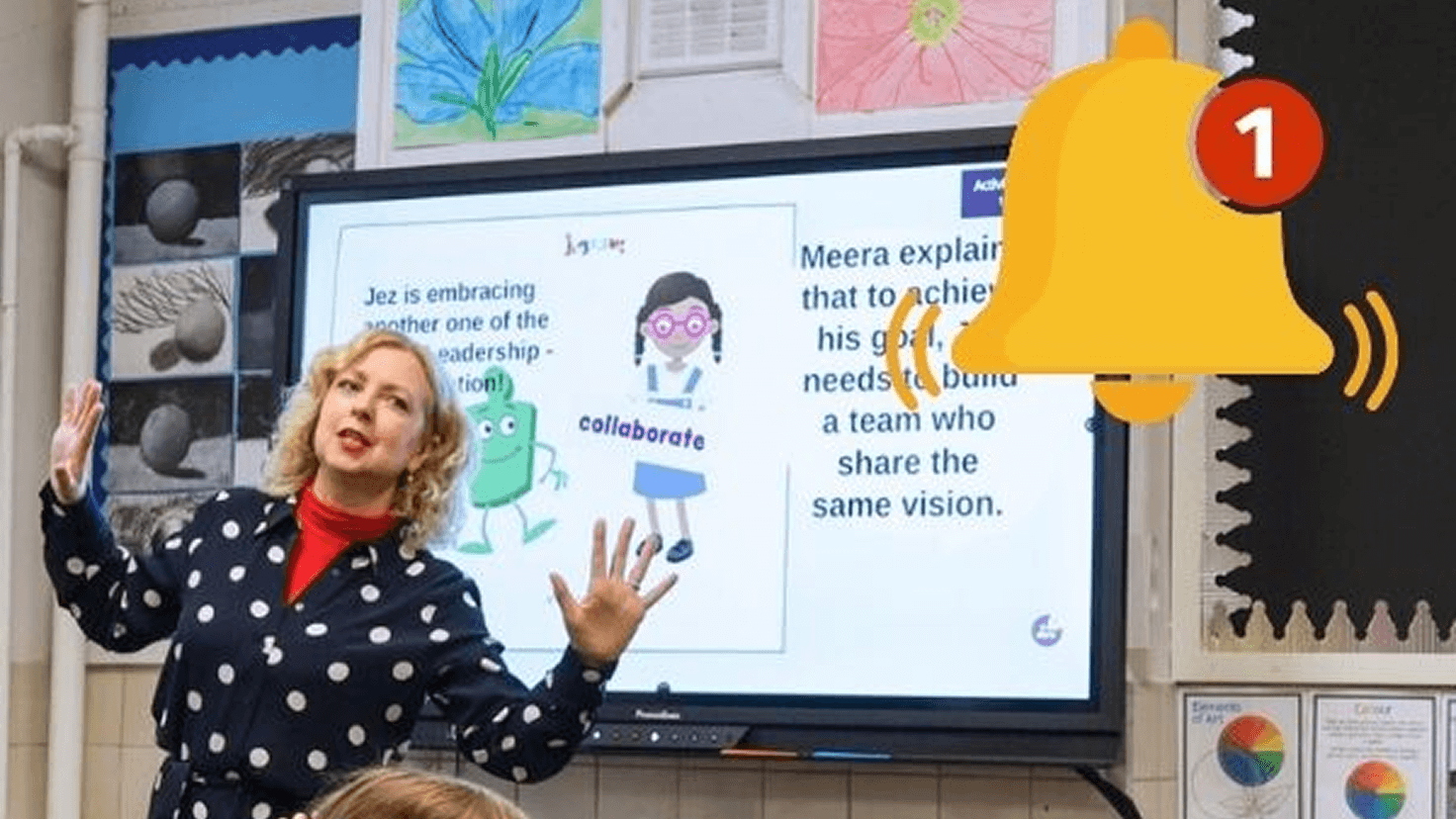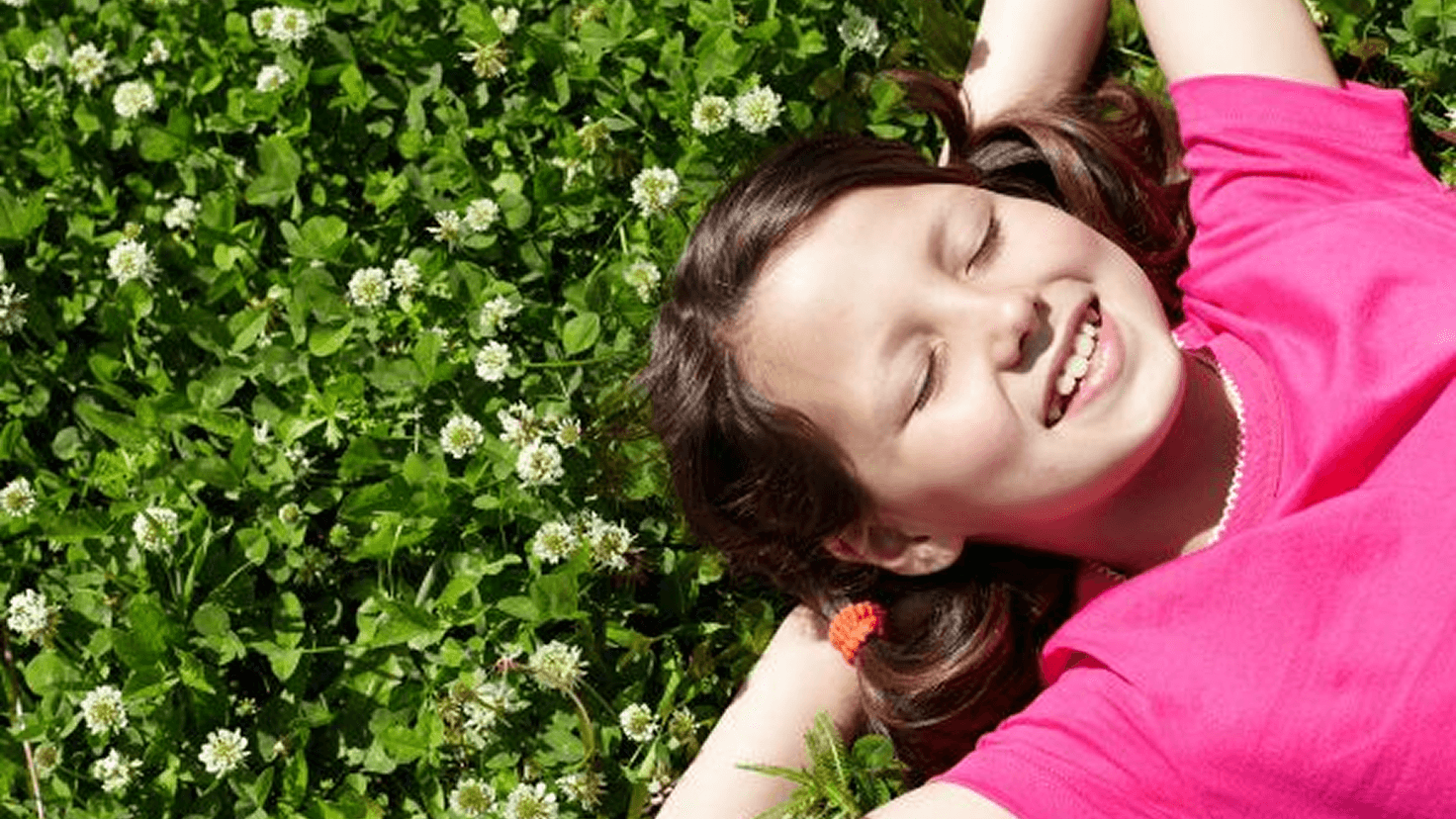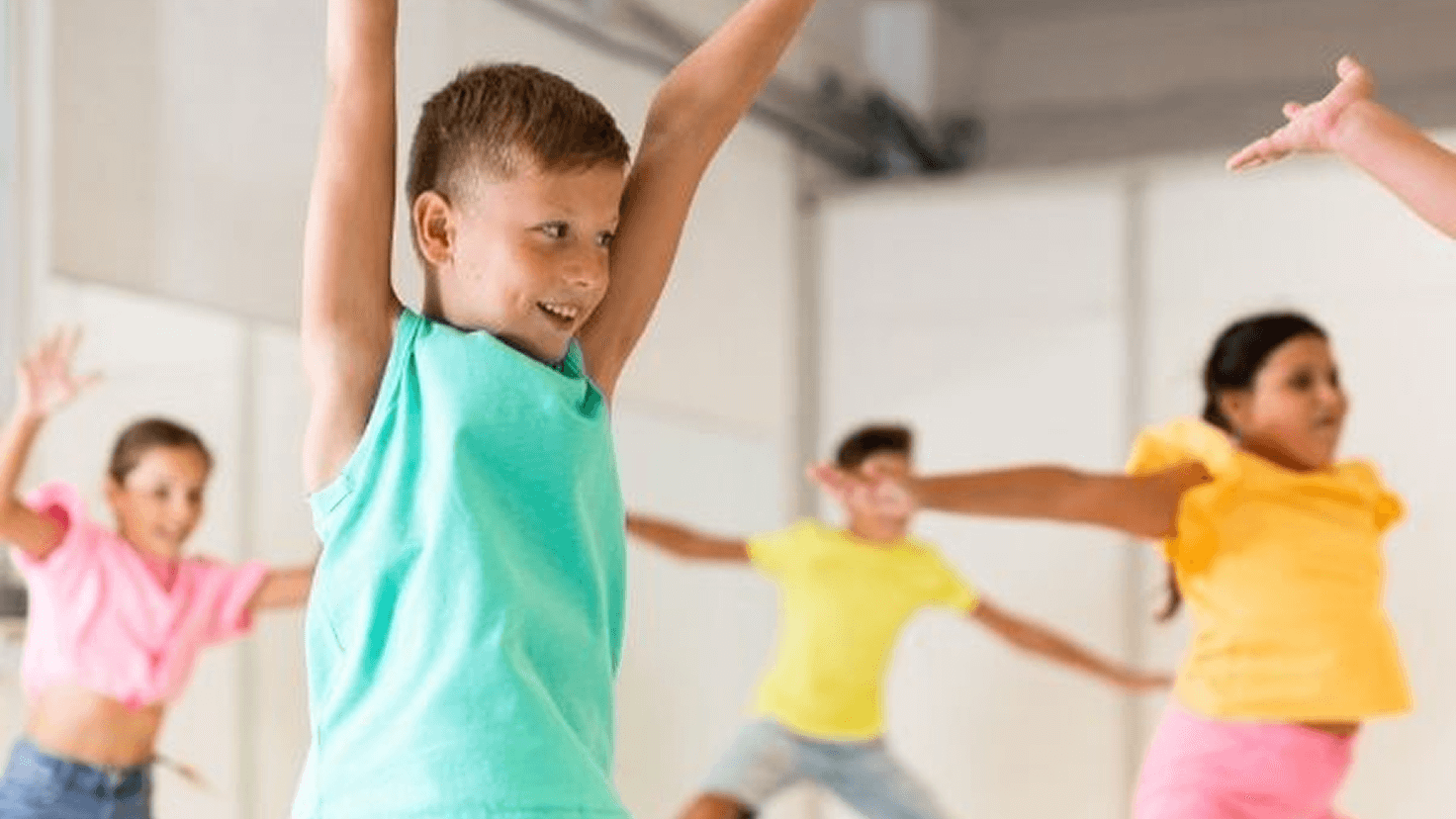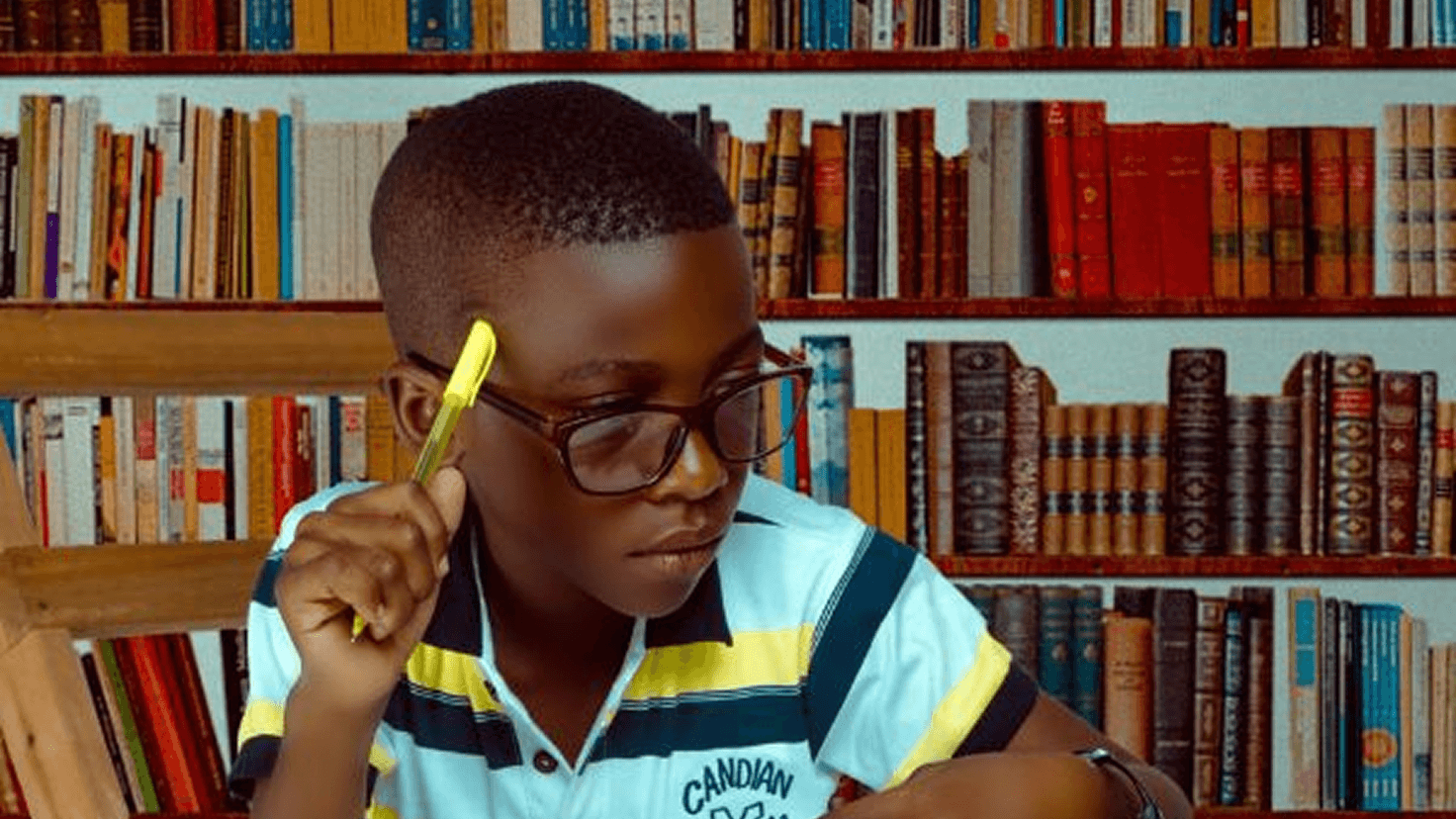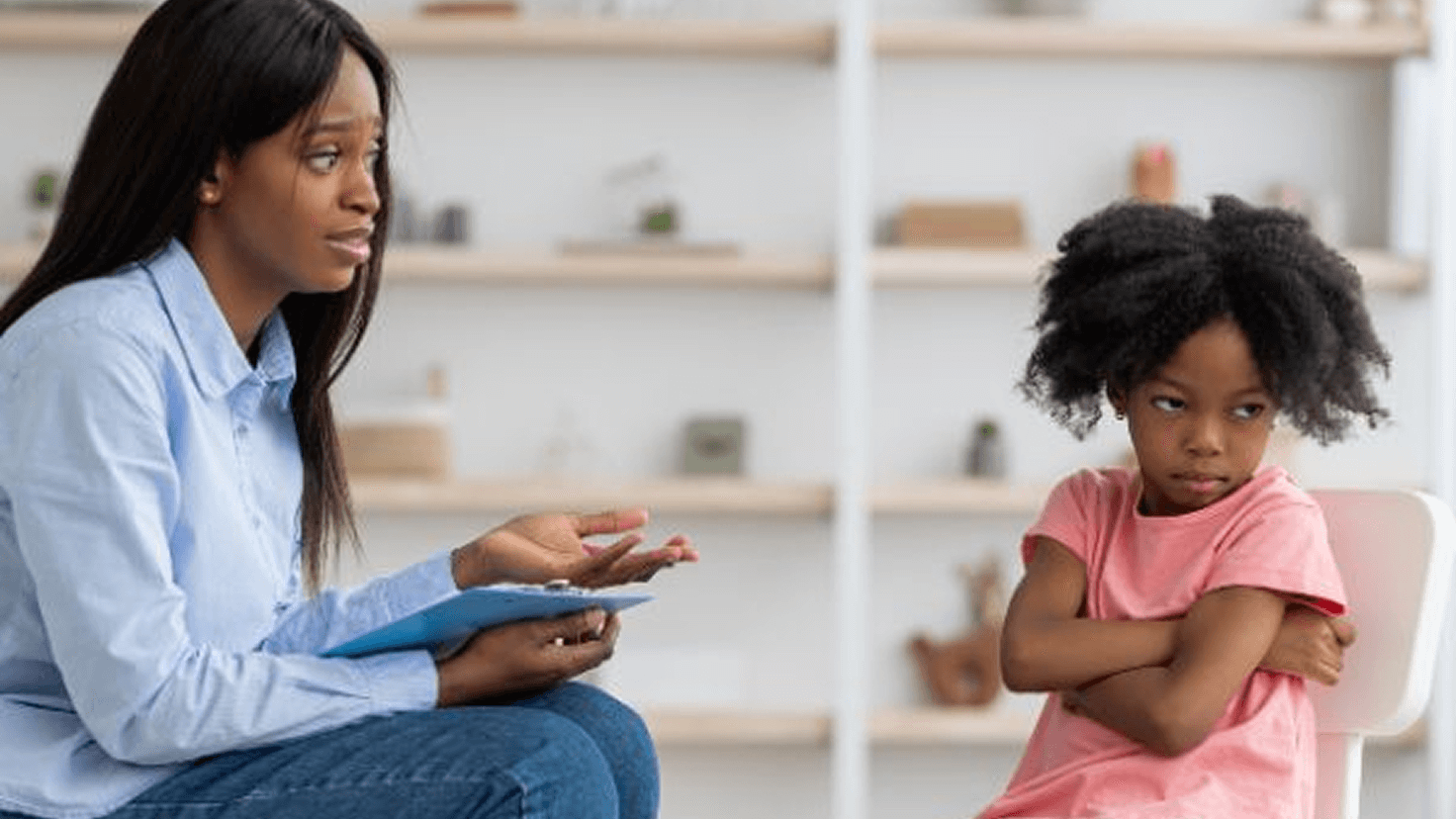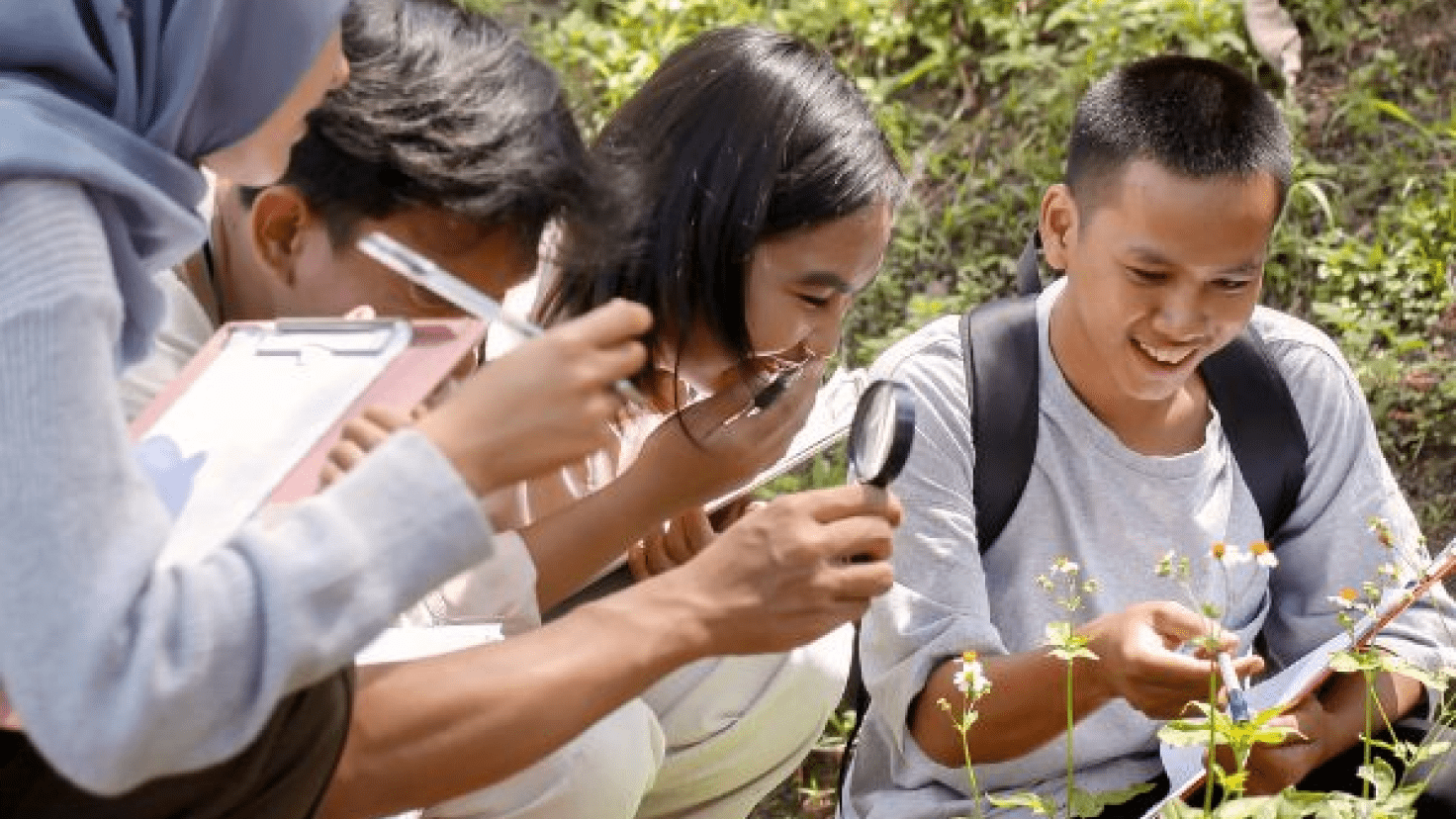Articles & Updates
07 March 2024
The Importance of Books for Children’s SEL
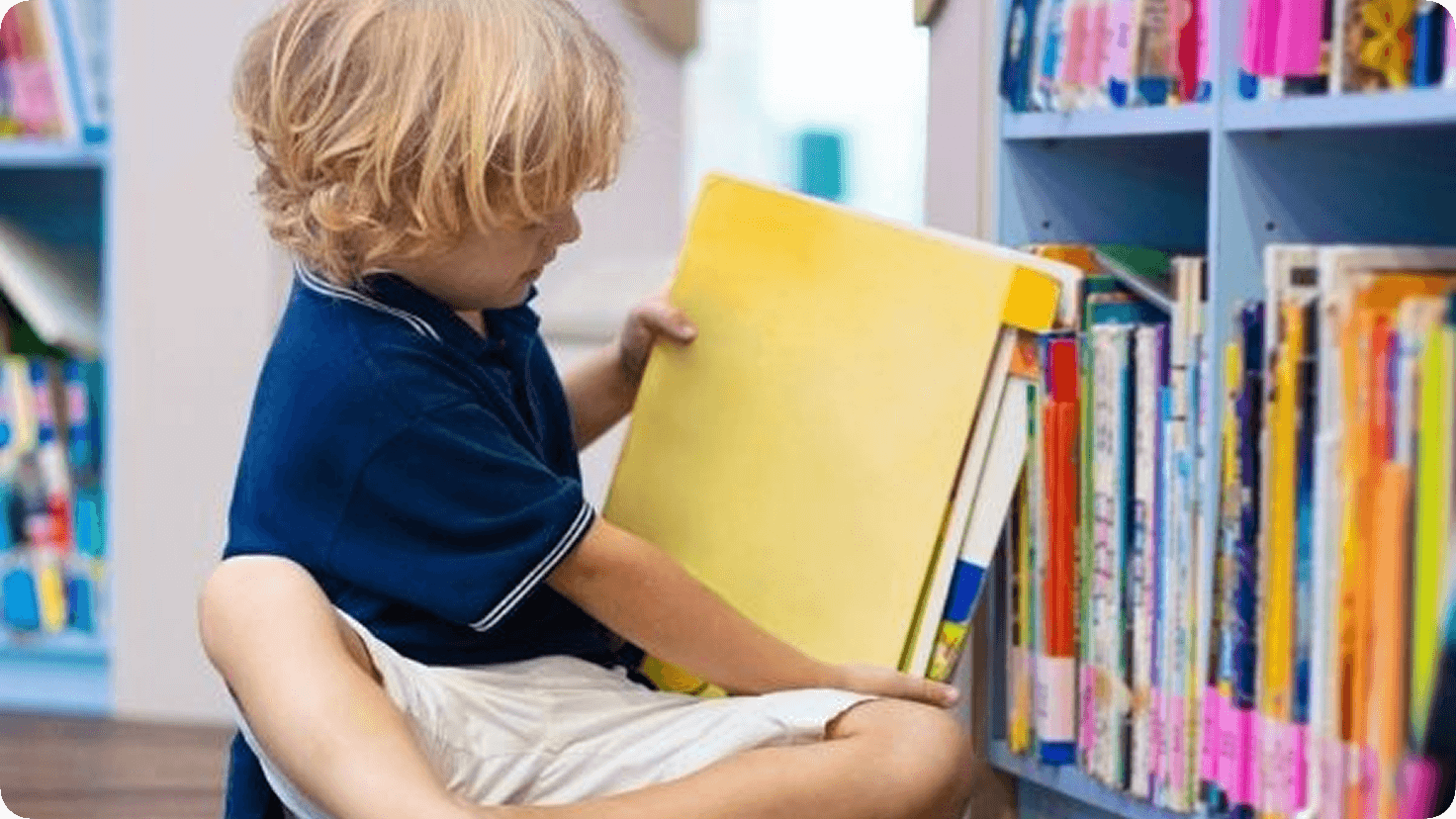
Our Journey Towards Books in the Past
We all know that reading is a key skill which unlocks learning and opportunity. Being able to truly enjoy our reading allows us to willingly immerse ourselves in more of this, whatever the genre and format may be. We also know from numerous sources that reading a wide range of fiction and non fiction is something that expands children’s ability to read more, write more, and access wider sources of information and skills. As teachers and parents we can see and feel this, and we can see understanding and research into this is reflected in national guidance (DfE Reading Framework (publishing.service.gov.uk) 2023).
Stories have long been a key part of how humans have shared their culture, history, ideas, experiences and beliefs. The stories that were once told by the fire, on long journeys and from parent to child as part of a bedtime ritual, are still alive and well, but have taken on different forms. It is easy to see in the western world how – and why – many of us have lost the tradition for oral storytelling.
The teaching of other knowledge and skills that were also passed down within families and communities are now learnt in different ways. In the past, skills and knowledge about houses, fields and how to manage in a busy urban world, were passed on within our families and communities to young people to slowly expand their understanding of the world, question the ideas around them and take these to build their own paths and skills.
All this combined with the hope, aspiration and exploration of values and emotions in stories, helped people to expand their own frame of reference in which to build their own dreams and goals and discover new ways to contribute and develop their sense of belonging in the world.
So, what about today?
Retellings of traditional tales can still be found in films, cartoons, television and the internet, opening a wide window to all on the wonders of nature, engineering and science. Children can now learn about and imagine themselves living in and contributing to experiences and careers that could hardly be imagined even 20 years ago.
Here we have we have the key essence of what this telling of stories, this sharing of ideas, this questioning of the world around us brings to us all – and especially to our children.
The sharing of experience. Feelings. Emotions. Cultures. Aspirations. Science. Technical skills. This all feeds directly into the framework of learning in our curriculum areas in school – like our maths, English, geography and music. Aspirations for ourselves and our world, combine with all our classroom knowledge, fitting it into new worlds – exciting worlds – with people, creatures, places and ideas that can expand and build our ability to navigate real and imagined experiences, considering how and why we might solve problems and face the challenges ahead of us.
Books have the potential to open up new worlds that may never have felt possible in the past due to someone’s background, obstacles, location or identity.
They give us new blocks of experience and ideas to draw on and piece together to create our own imaginings. Reading widely and deeply embeds this in a way that is safe for us all, allowing us to experience the feelings that make us human. These can be confusing, painful or exhilarating, but learning how we can manage and move on from these is a key part of building our resilience. An increasing body of research on storybooks and empathy is helping us understand how and why this may work, enabling educators to reflect on how to support children to enjoy these benefits, such as seen in Natalia Kulikova’s 2019 paper How Could Children’s Storybooks Promote Empathy? A Conceptual Framework Based on Developmental Psychology and Literary Theory – PMC (nih.gov).
Books allow us to encounter emotions and mistakes in a ‘one-place-removed‘ place of safety, and to find out what may happen when other people act in certain ways. Through fiction and non fiction the reader can overcome challenges, disappointment, pride, love and rejection, giving us a well of experience to draw upon when we face similar feelings or situations in our lives.
A book allows total absorption in the story – but also the chance to put the pages to one side and reflect on our own feelings, and return to the story later on, ready to continue. We can talk to a friend, parent or teacher about the events and ideas in the pages, without the added pressure of feeling ashamed, judged or being simply being seen as too ‘pushy’ (educators can see the research into absorption drawn together by researchers and teachers on the Reading For Pleasure website).
It is this opportunity for enjoyment, reflection and absorption that makes books the ideal vehicle for these new experiences – a deeper experience than quick paragraphs in magazines, the fast onslaught of a cartoon or tv clip, and of course the almost instantly lost medium of social media.
Let’s find new ways to encourage this reading. For it to be meaningful the reading experience must, above all, be enjoyable and something that the reader can become fully absorbed in, whatever type of book that might be.
How can we ask children and families in our communities to look afresh at reading?
The charity World Book Day® helps us all to look anew at reading for pleasure every year, offering every child and young person the opportunity to have a book of their own, and they define reading for pleasure as:
“Feeling sense of satisfaction or pleasure by engaging with chosen reading material in their free time.”
And tell us that:
“We want to see more children, particularly those from disadvantaged backgrounds, with a life-long habit of reading for pleasure and the improved life chances this brings them.”
Our Approach – World Book Day
This year’s ‘Read Your Way’ campaign fits in with something else which evidence is showing as beneficial to children’s learning and life experiences. Studies are showing the links between outdoors experiences and improved learning experiences, and anecdotal evidence from our community of Jigsaw PSHE and Jigsaw Outdoors schools also tells us that children with sensory issues benefit hugely from learning outdoors.
Recent research from the ONS tells us that A million fewer people are gaining health benefits from nature since 2020 – Office for National Statistics (ons.gov.uk). Research from many places is being drawn together to build an increasingly important evidence base of the short and long-term benefits of time spent outdoors, closer to nature, even if that ‘nature’ is in an urban setting with less green space than might be found in a rural area. These benefits include reduced stress, improvements to children’s cognitive functioning, as identified in Dr. Sarah-Anne Muñoz’s review research back in 2009 Children in the outdoors literature review (ltl.org.uk). A search through the articles and research on the Children and Nature website, brings up further references to studies regarding the effect of nature on emotional regulation, and this summary explains a little of what we are hearing from our special schools of the positive impact of simply being outdoors on learning:
“Education outside the classroom can have a positive effect on biological stress regulation. Documented benefits of Education Outside the Classroom (EOtC) include increased physical, mental and social well-being for students. Some evidence suggests that these benefits might be partially attributed to the outdoor classrooms giving students more opportunities for self-determined behaviour than what indoor classrooms do. This study, which builds on the previous research, is based in part on Stress Reduction Theory (SRT) which suggests that engagement with nature can evoke positive emotions that block negative thoughts and emotions. The positive emotions shut down the stress response which includes negative hormonal, cardiovascular and musculoskeletal parameters.”
Education outside the classroom can have a positive effect on biological stress regulation – Children & Nature Network (childrenandnature.org)
So how will taking Reading Outdoors support your community in promoting reading for pleasure and in developing children’s health and wellbeing – and in turn support their long term physical and emotional wellbeing?
Reading outdoors will:
- Help everyone to take a fresh look at reading.
Reading outdoors may not sit as comfortably with teachers as with children, but of course it is not the teachers that we need to convince and show the opportunities that books can bring – it is the children who may be feeling that books are something they ‘have’ to do, or something linked to being inside of the classroom when they have to be quiet or for some time when they are not ‘allowed’ online! To foster a love of books we need to show children and families that reading does not have to be just in the domain of the academic, the classroom, or the ‘perfect’ home. Reading is something that children can take hold of and do for themselves, wherever they choose to do this. - Demonstrate the breadth of what we mean by books and reading.
Many of us teachers love a children’s picture book – so why shouldn’t a child love a book with no words, a book that is ‘easy’, a book that is ‘too difficult’ or a book that is listened to or read to them? Books that are hard to read can be demotivating in a classroom, but when a child picks up a non-fiction book that might be a bit tricky, they can often pick out bits of information that is relevant to them and their interests, and use this to engage with adults too, developing a sense of pride in their reading too – it works both ways. Similarly, listening to audiobooks outdoors can allow us to fully engage in a story or information whilst fully using all our other senses to engage in the outdoor environment - Show how books can be read together or alone at different times.
Being outside is a great place to share comics, act out plays, shout out poems or just find a quiet space together to read next to a friend. - Non-fiction can spill over the pages into a new sensory space.
This can be as simple as looking at the clouds and finding out what they are called, noticing colours, investigating habitats – or experimenting with science or nature by exploring under bushes, bricks and stones. Being outside frees us up to move backwards and forwards between the pages, following our interest in a space where a topic is never ‘closed’ as it might feel when we finish a topic in the classroom. - Opening a world of new ideas.
Being outside encourages us to look up and around as we read, giving us space to think and process our thoughts. How might this link the knowledge and experiences in books to our aspirations as we allow our minds to follow ideas down new avenues? - Motivating lower achieving pupils.
Learning outside can help us to motivate lower achieving pupils – Hamilton (2018) found that the effect of outdoor learning was particularly apparent for those with learning difficulties – suggesting that the outside environment is much more motivating for them. - Physical benefits of increased exposure to sunlight and the development of vitamin D.
A 2021 study explained how European children and adolescents have insufficient vitamin D – and that insufficient time spent outdoors contributes to this 25-Hydroxyvitamin D reference percentiles and the role of their determinants among European children and adolescents – PMC (nih.gov) and studies also link lack of time spent outdoors in natural light as a factor having a negative impact on circadian rhythms, mood and sleep, all of which will then have further impact on mental and physical health. Taking reading outdoors in showing another way of spending time outdoors to boost our mental health and wellbeing and helps to reframe the outdoors as a place to spend time for pleasure, helping set up good habits for life. Time spent in outdoor light is associated with mood, sleep, and circadian rhythm-related outcomes: A cross-sectional and longitudinal study in over 400,000 UK Biobank participants – PMC (nih.gov). By reading outdoors we can harness and develop the benefits to physical as well as the mental health and wellbeing that come with increasing the time that children spend outdoors.

